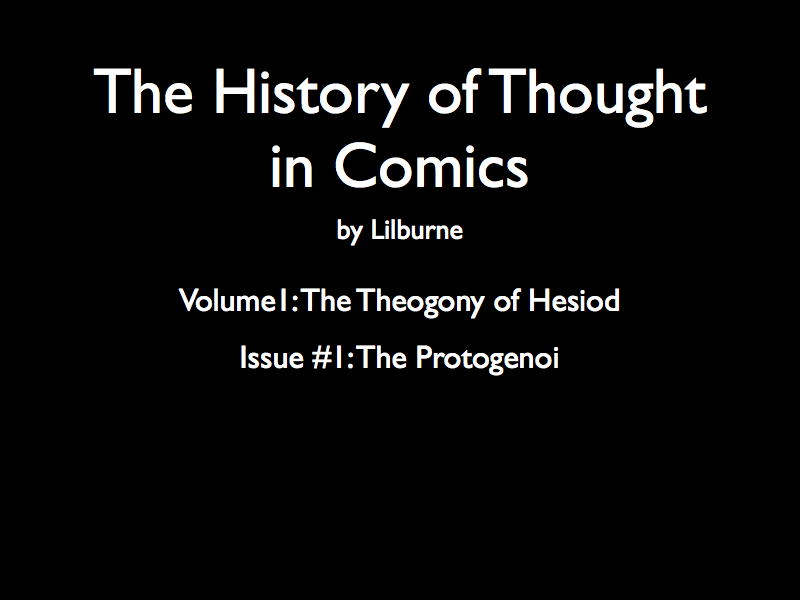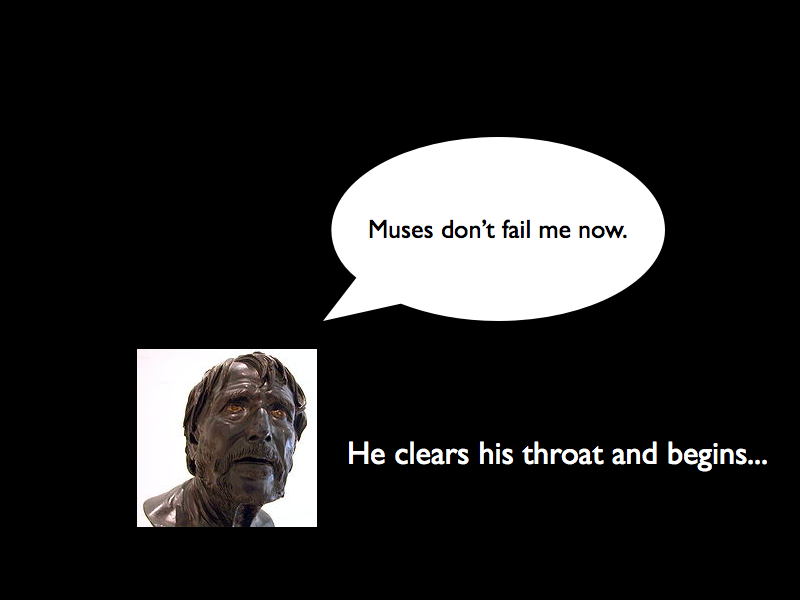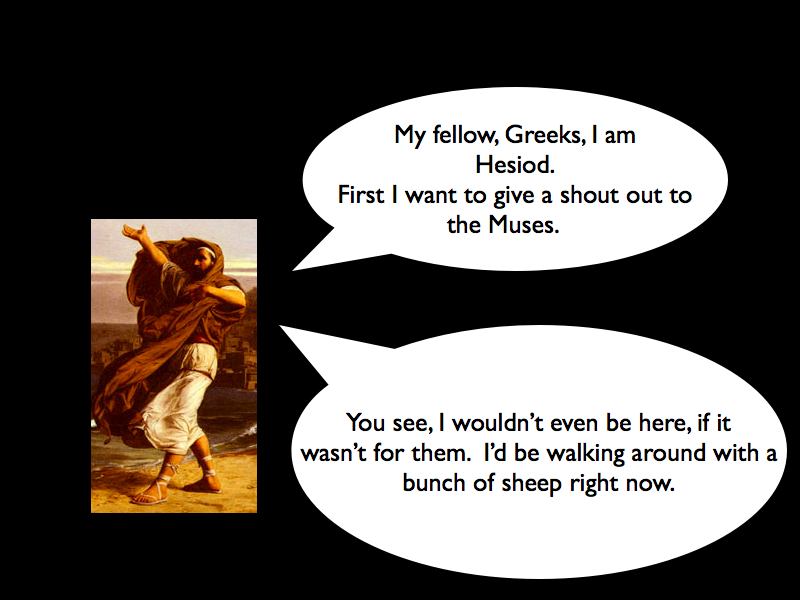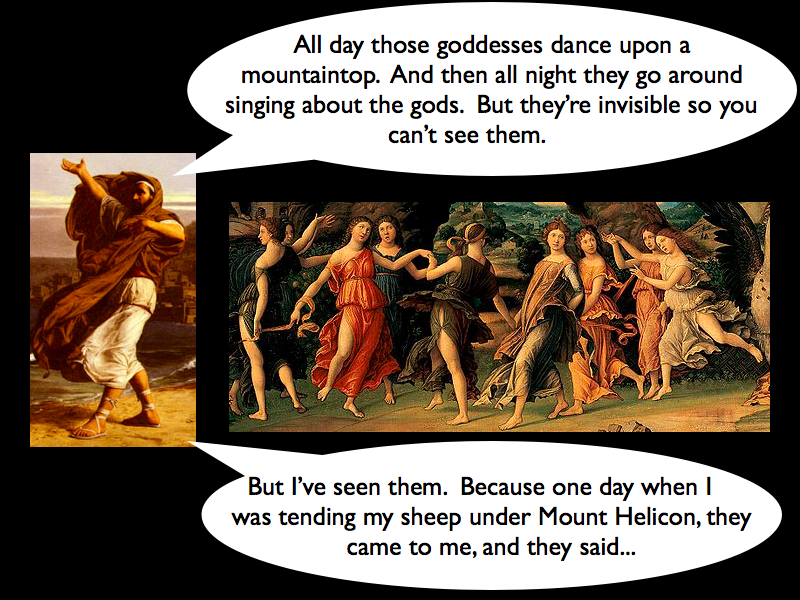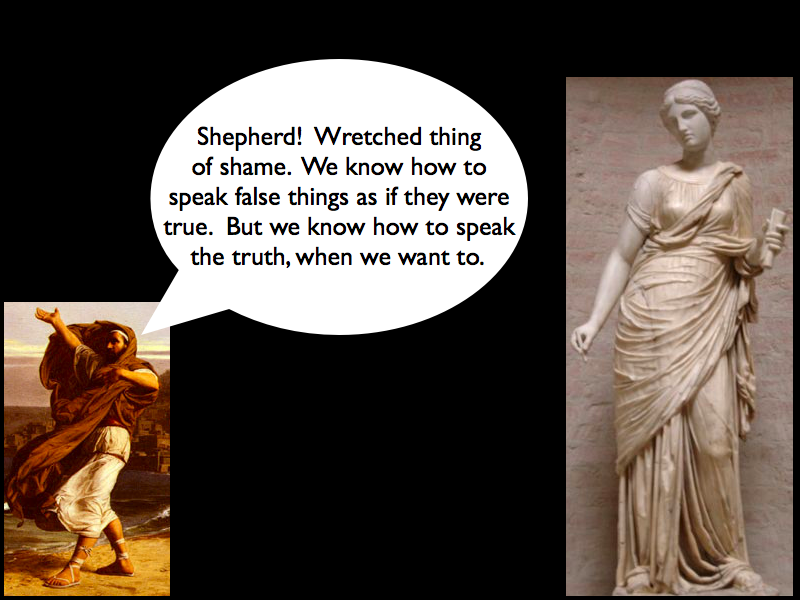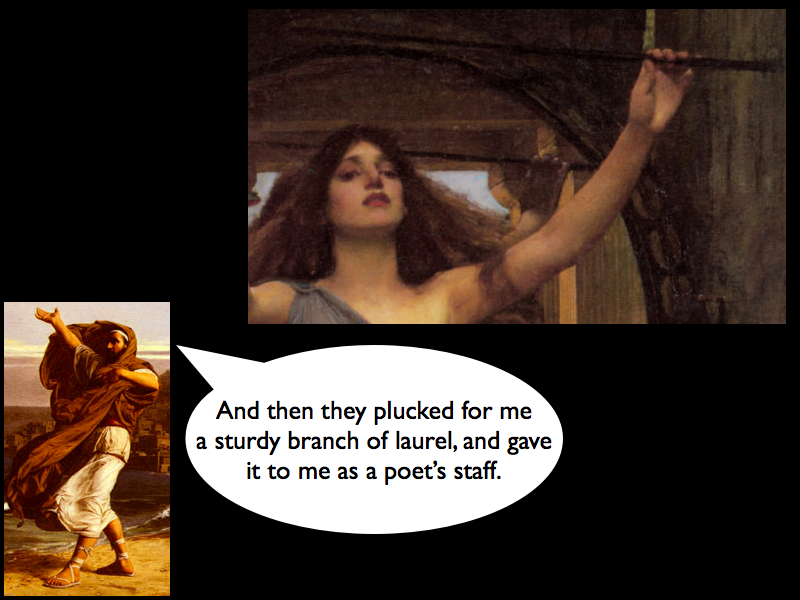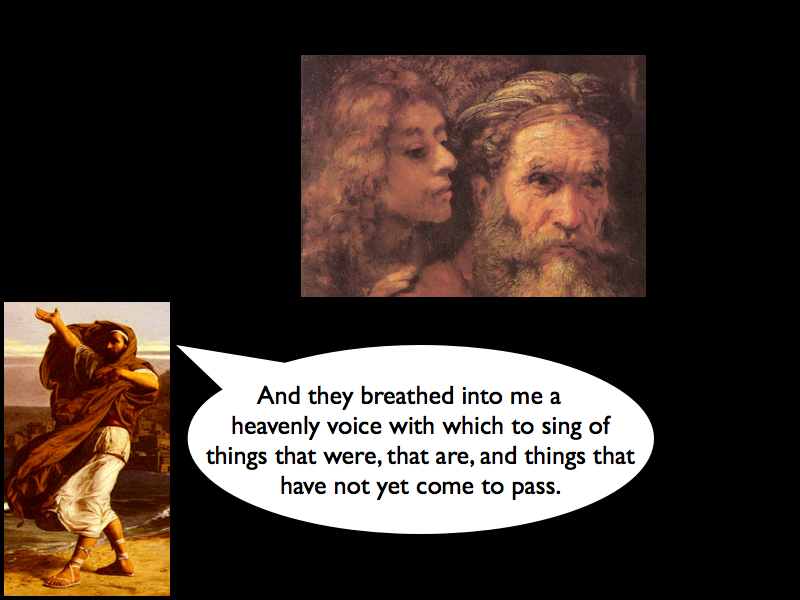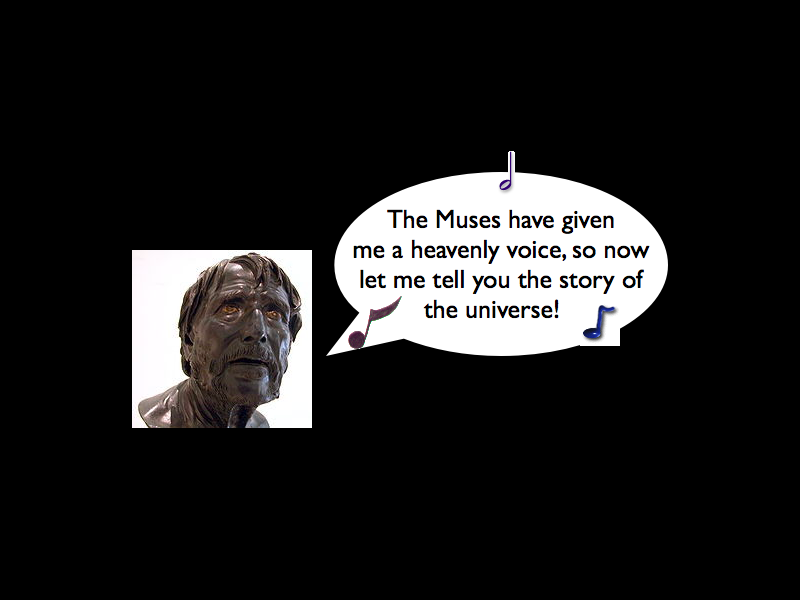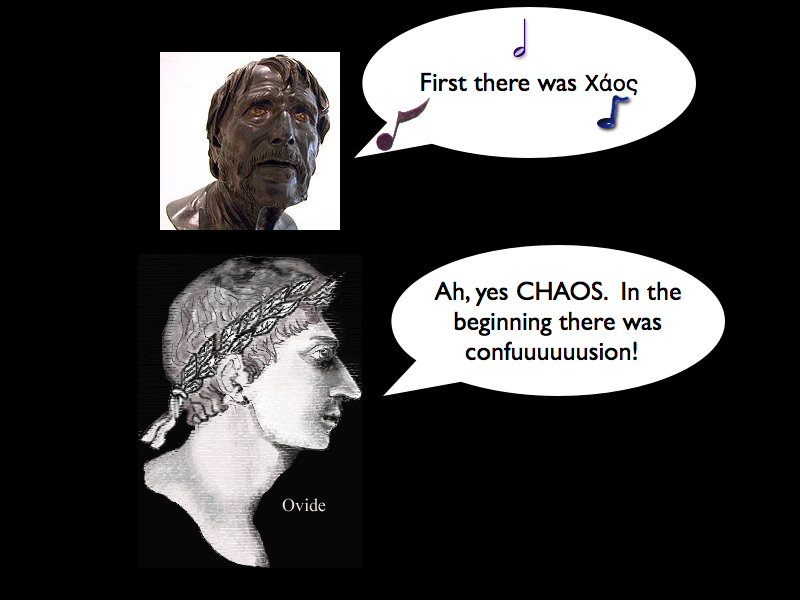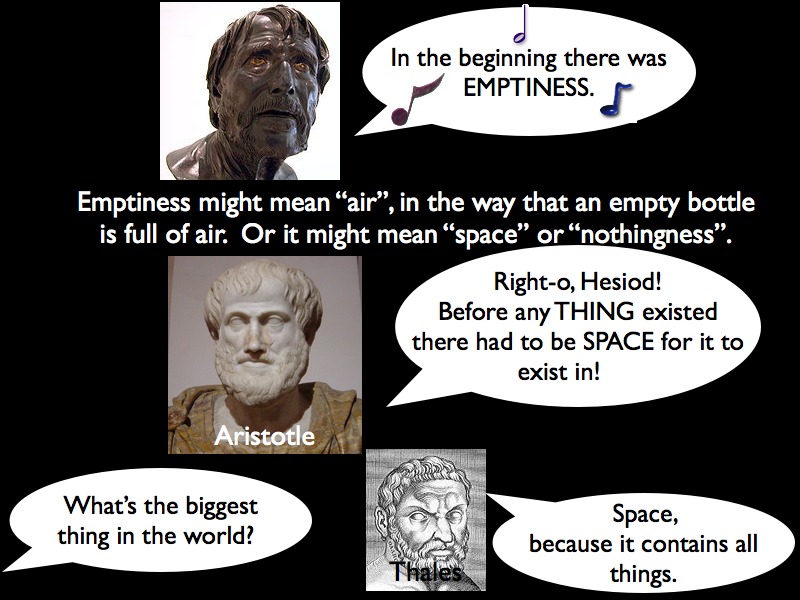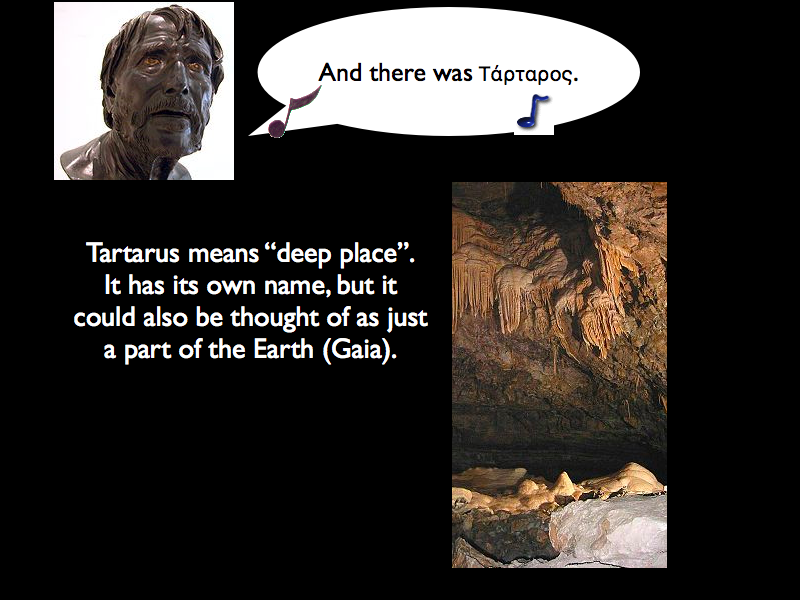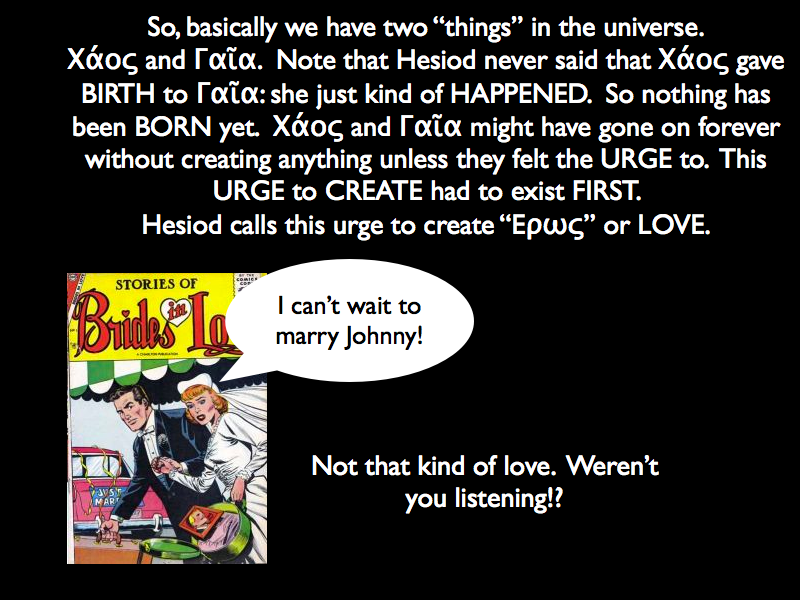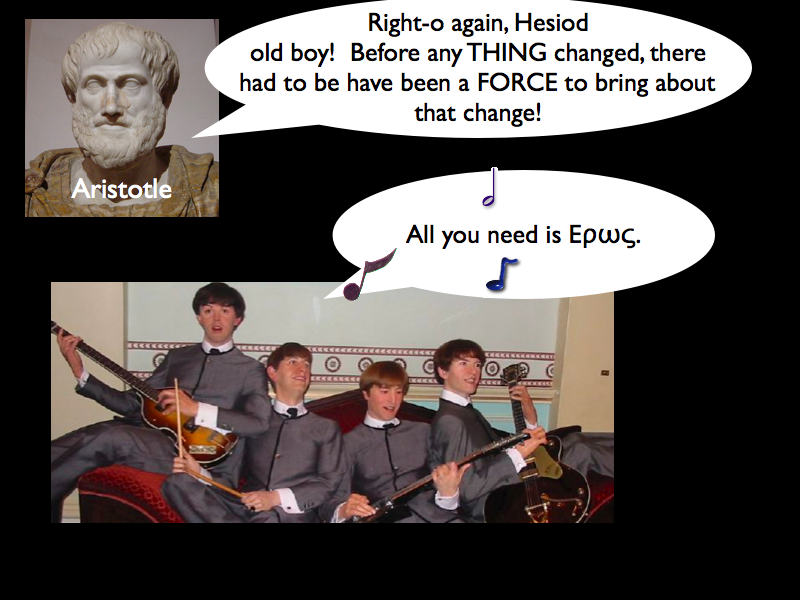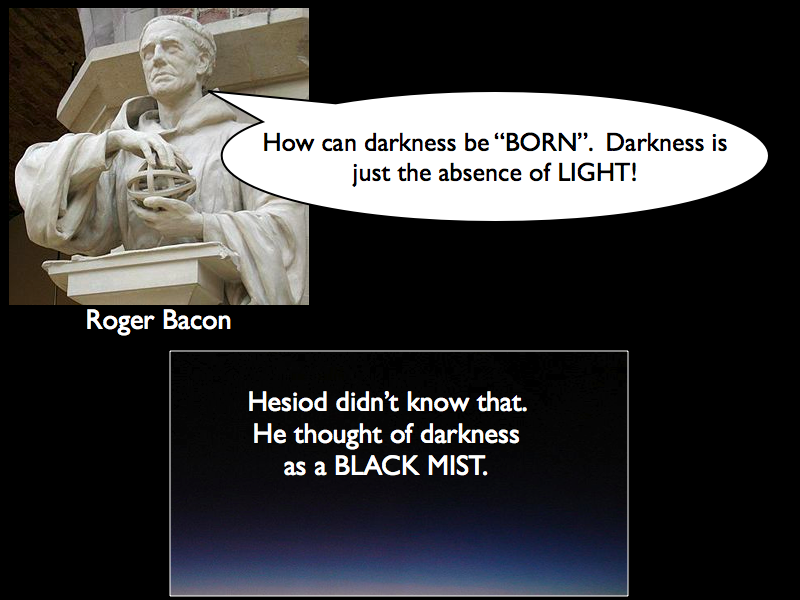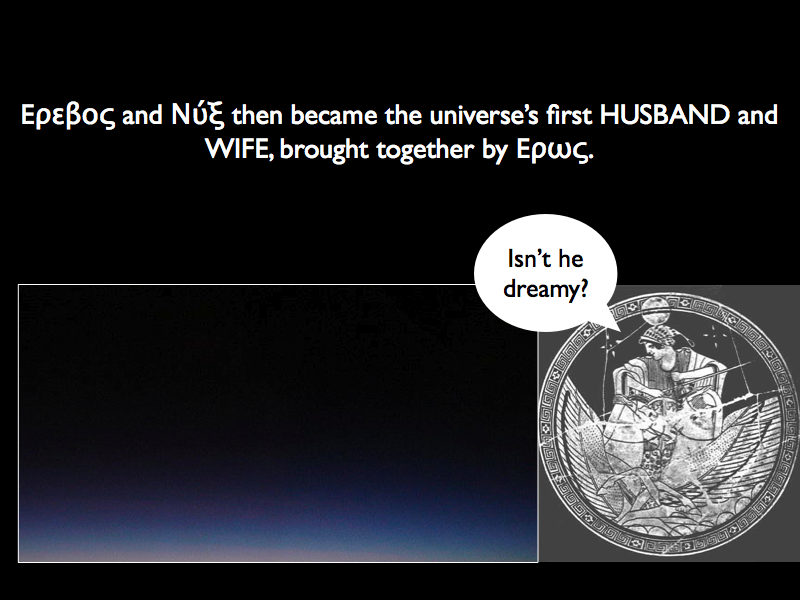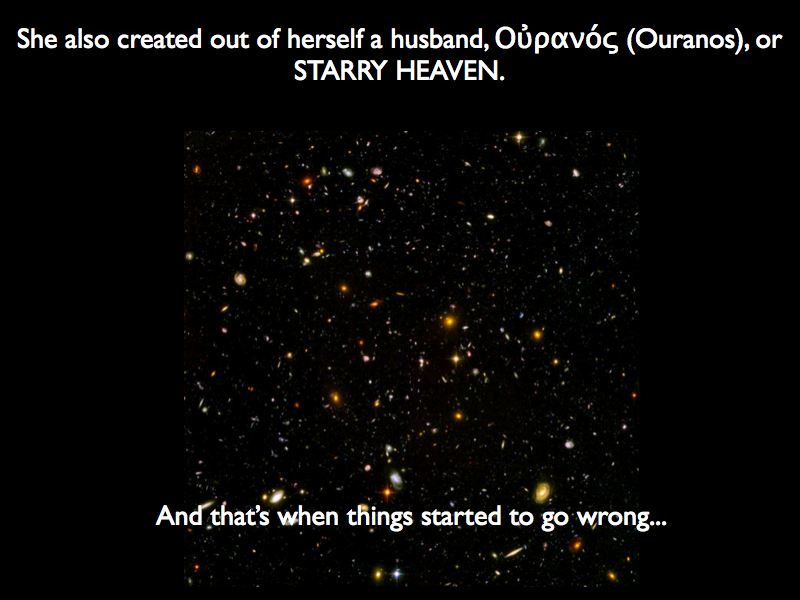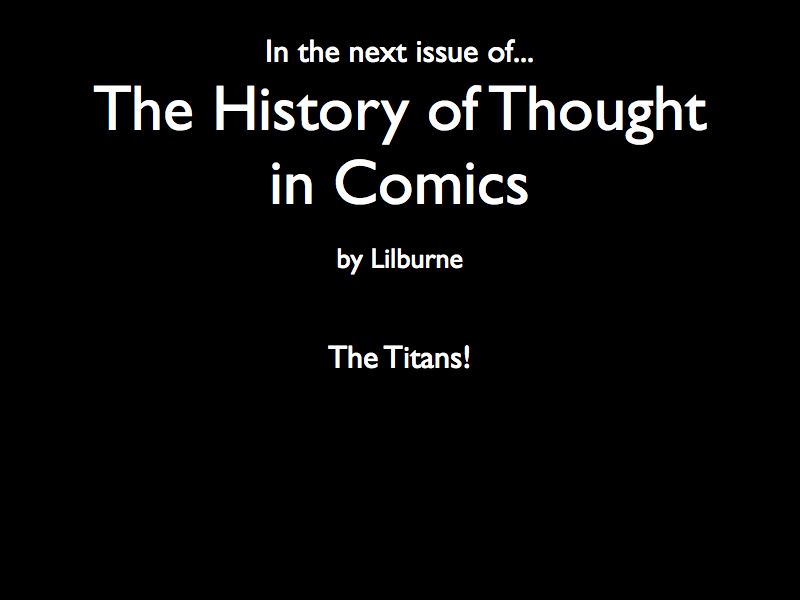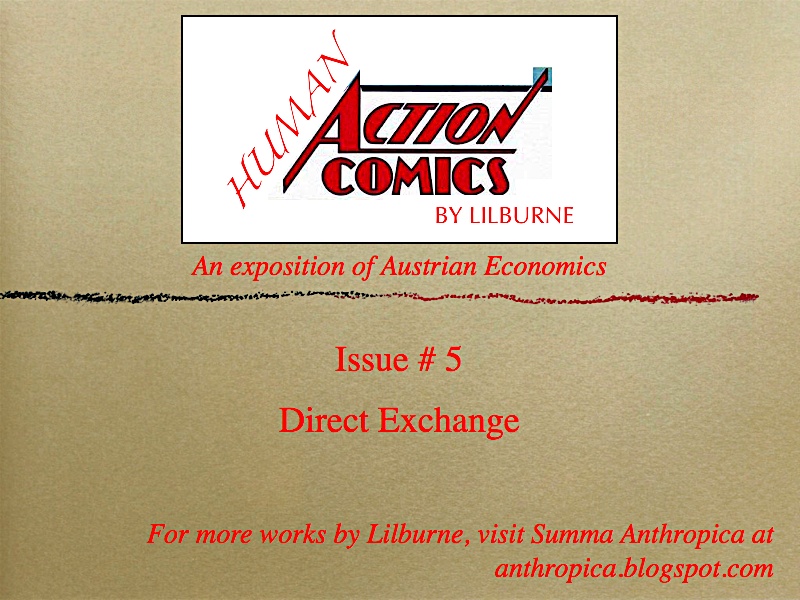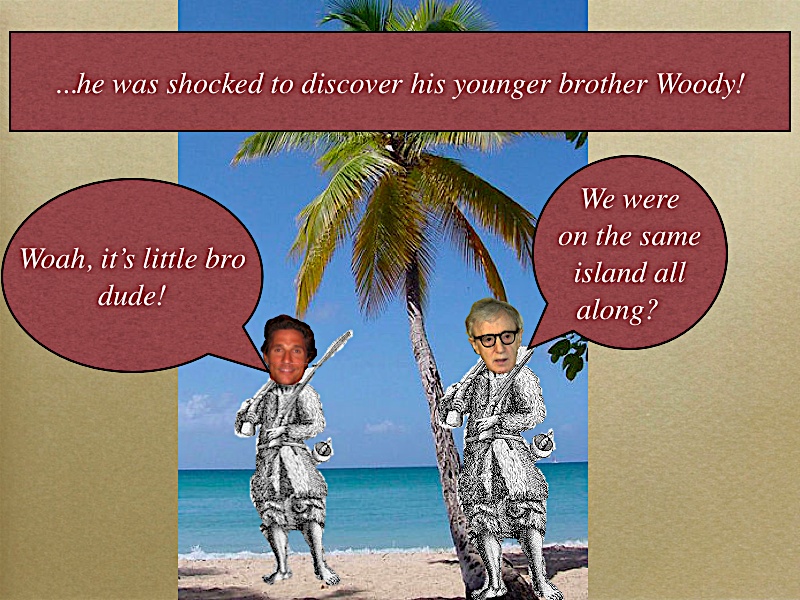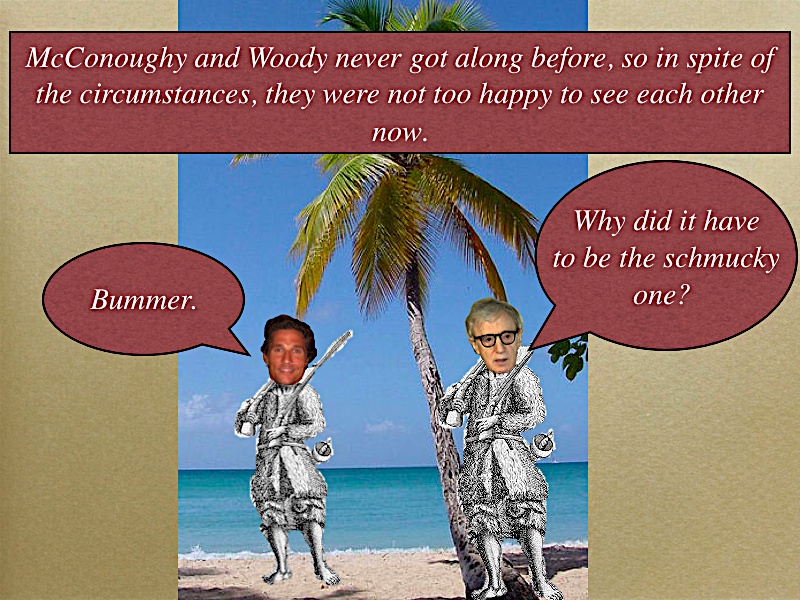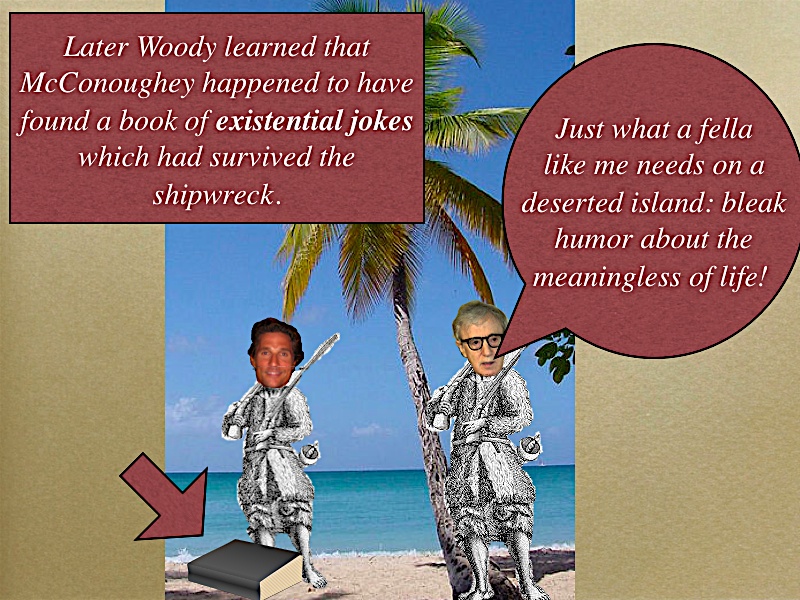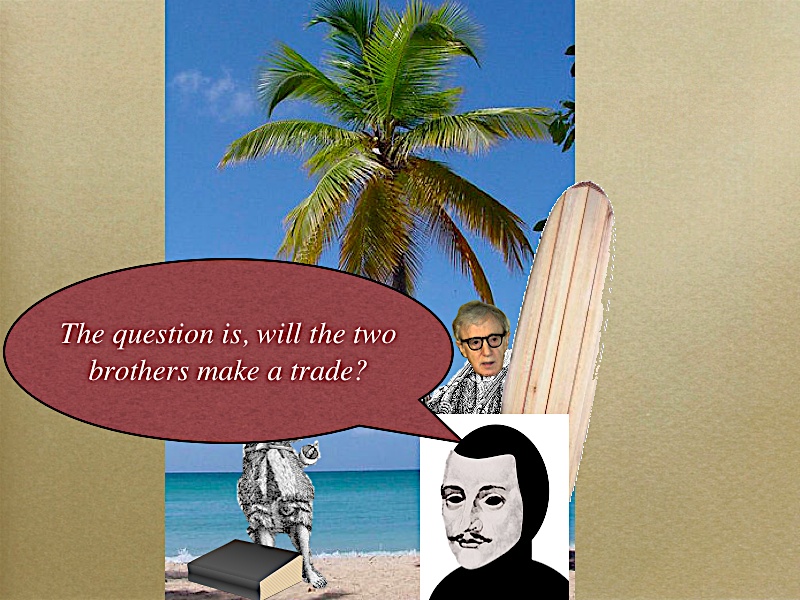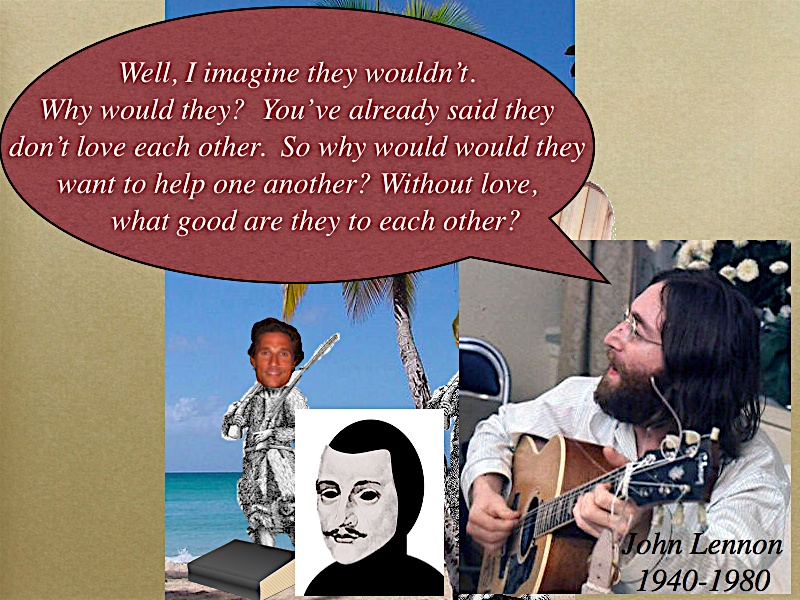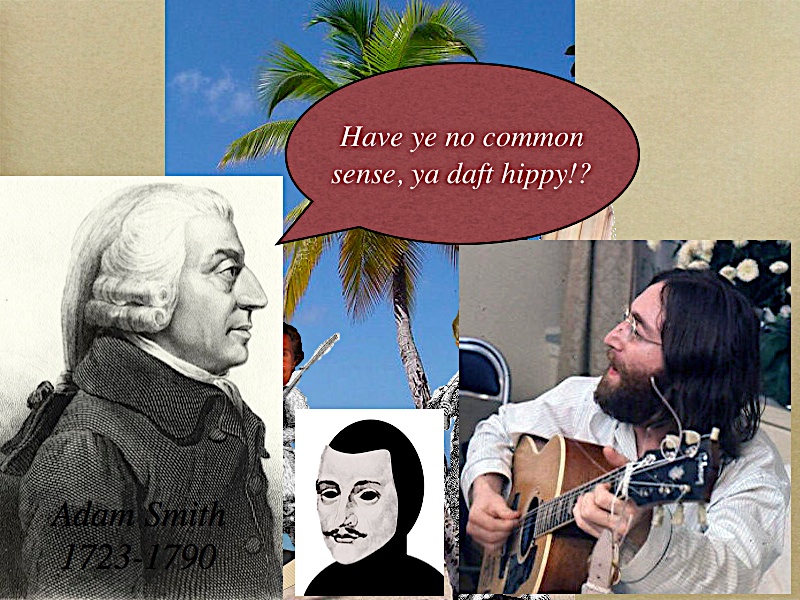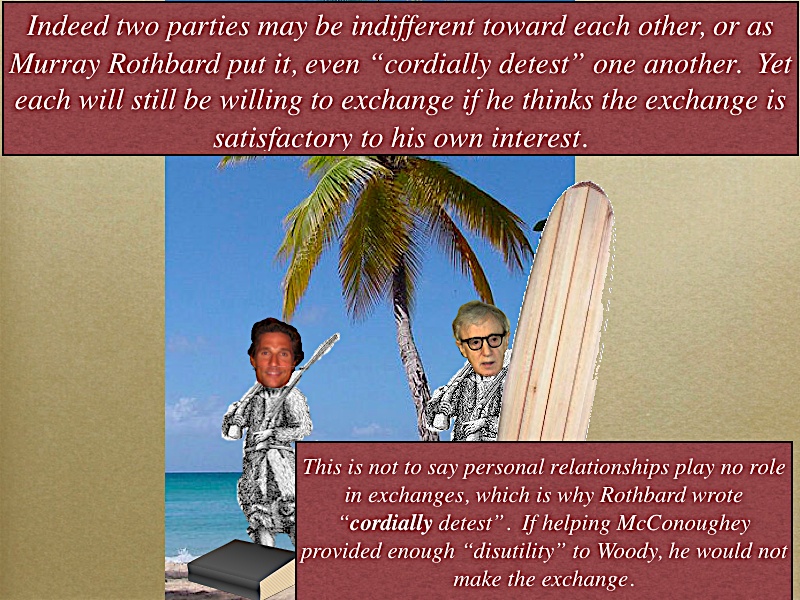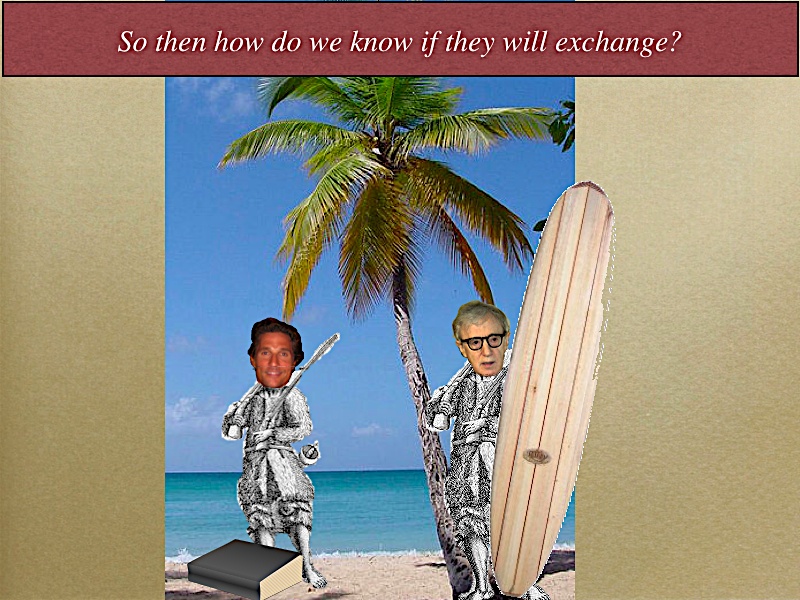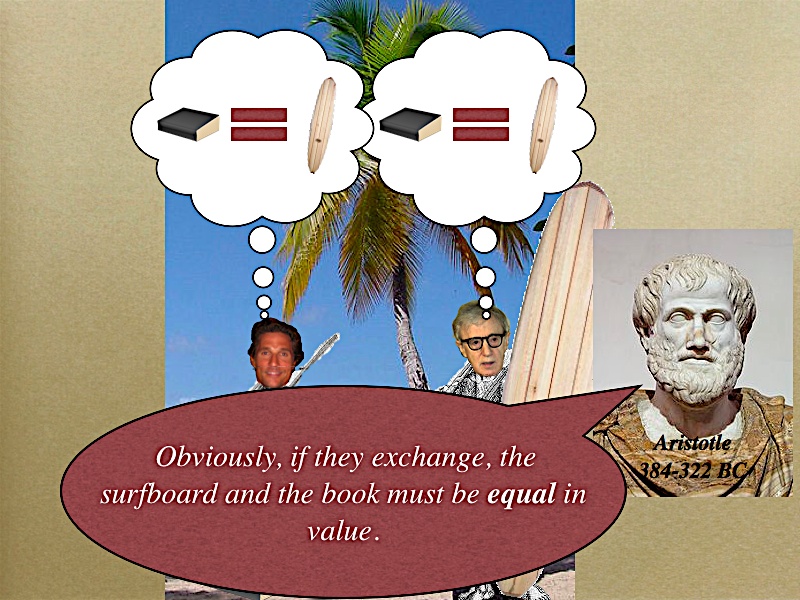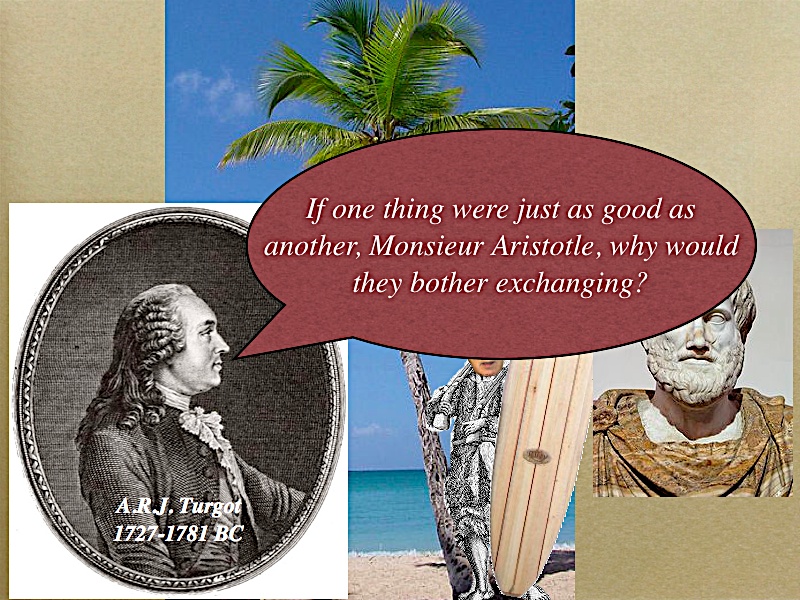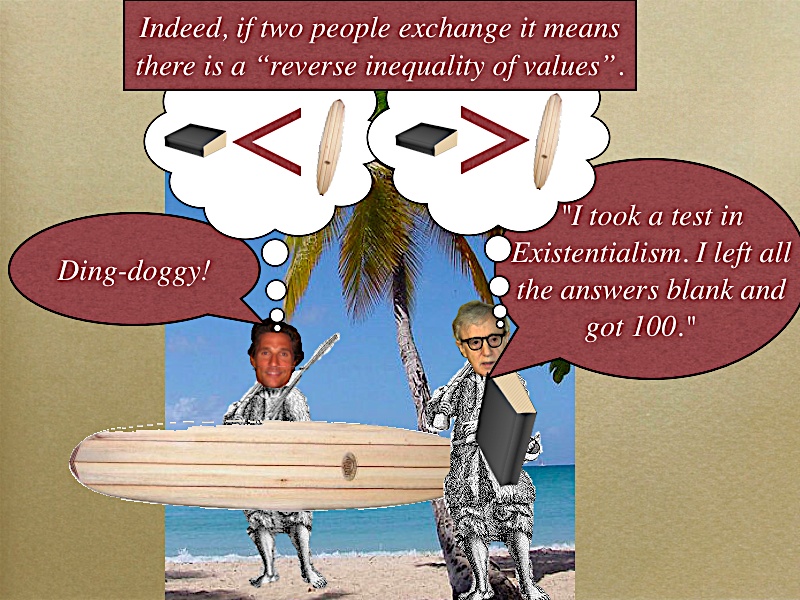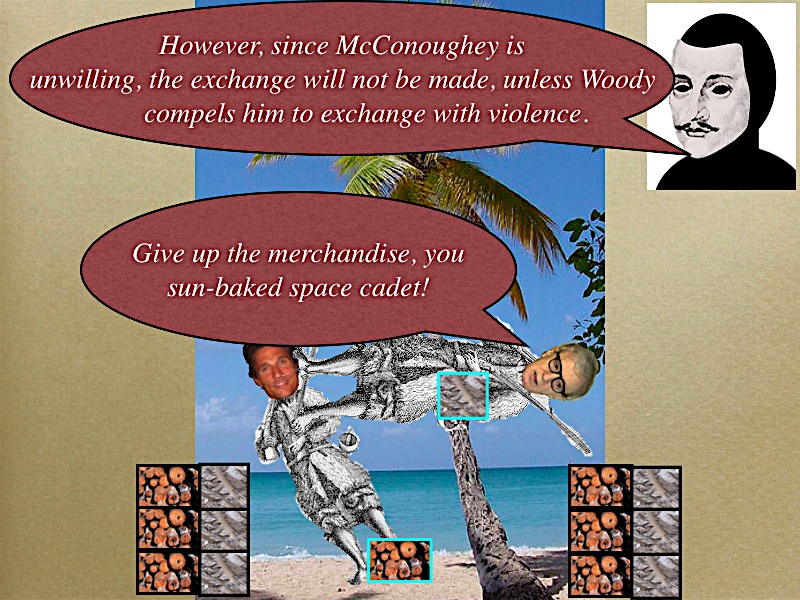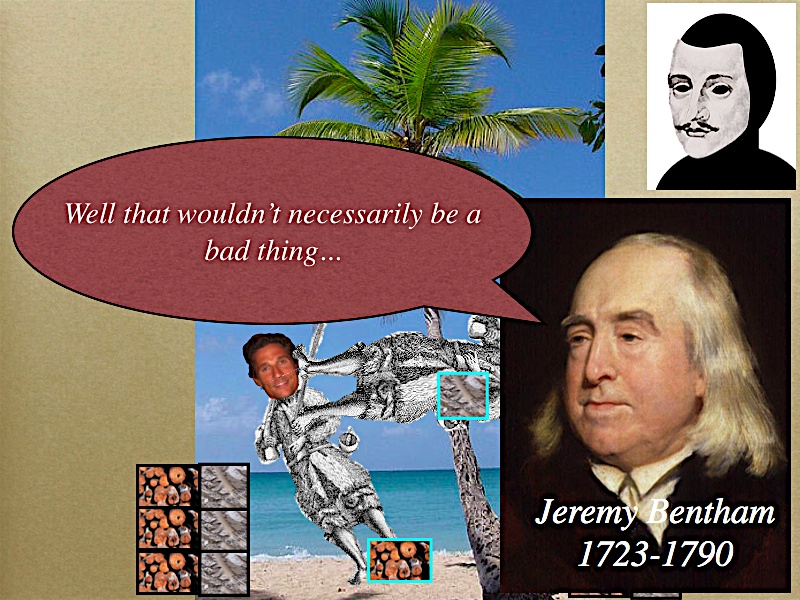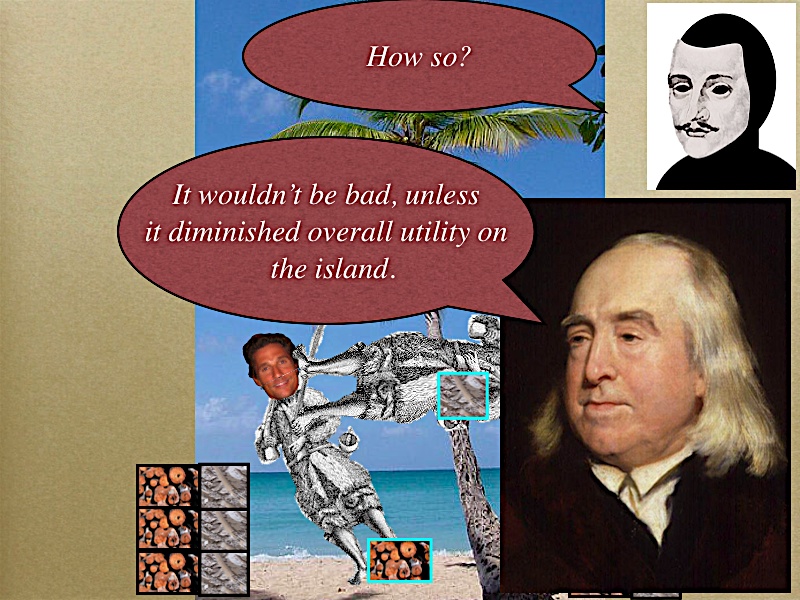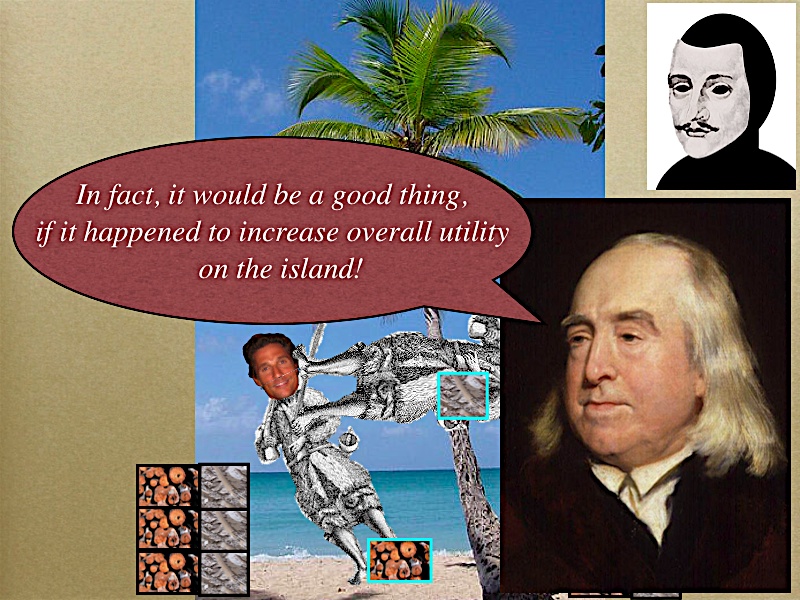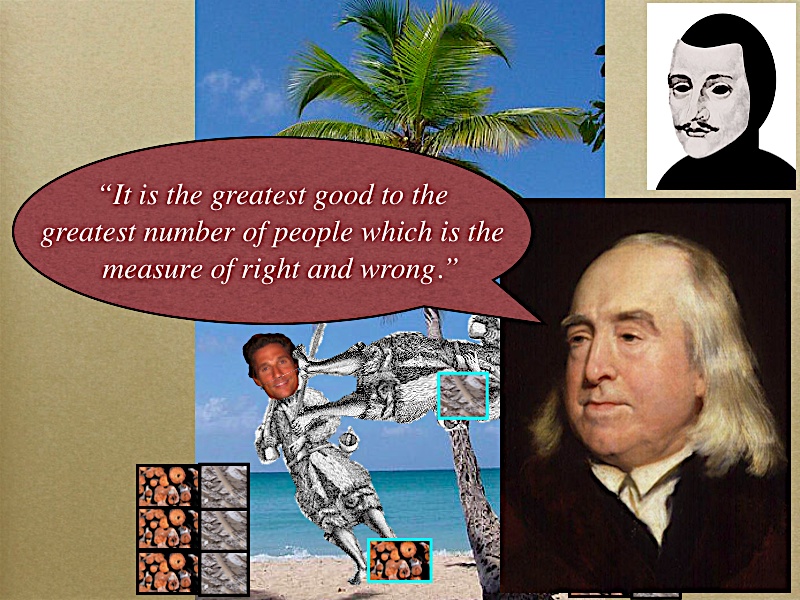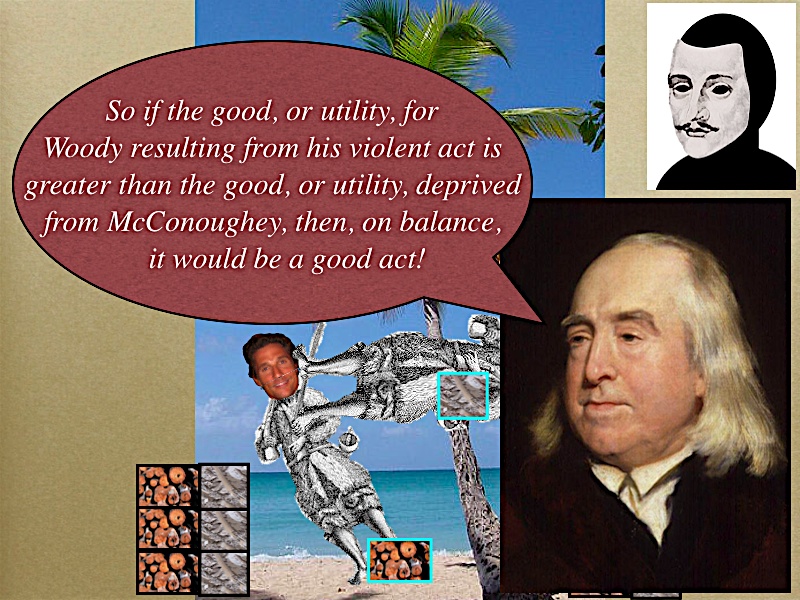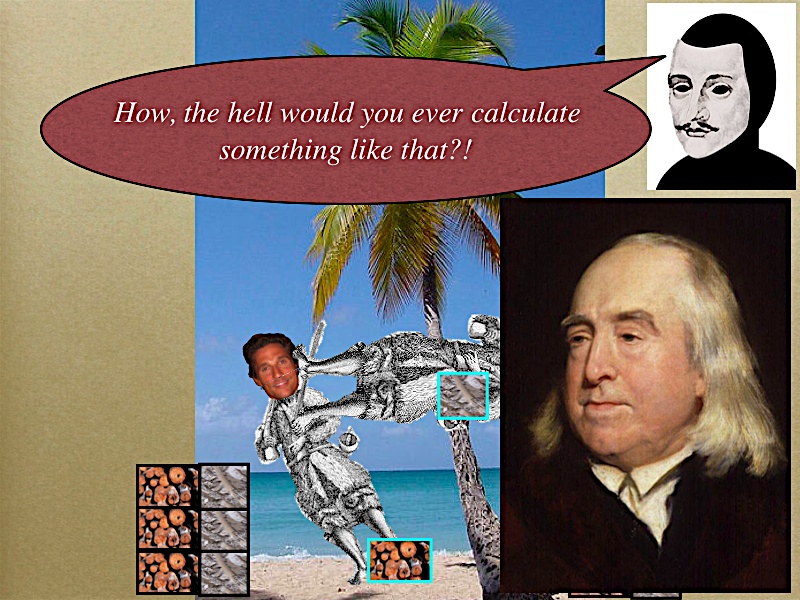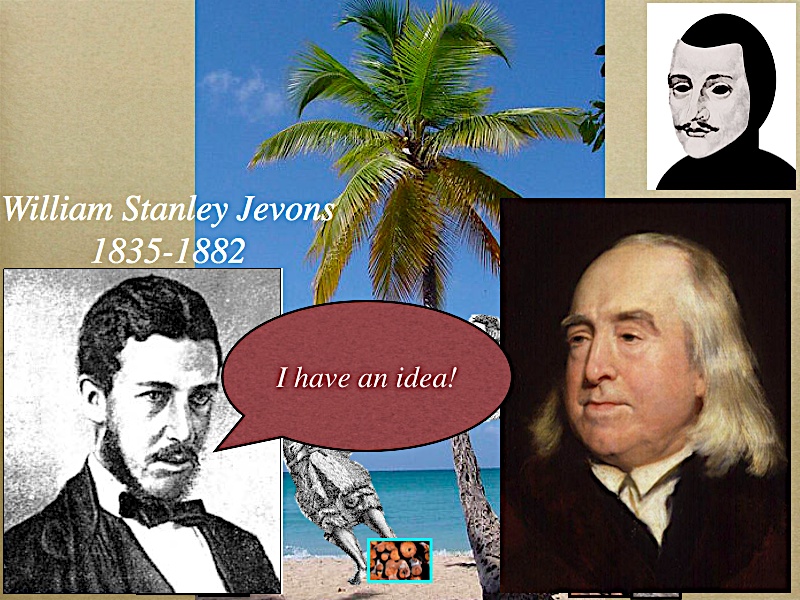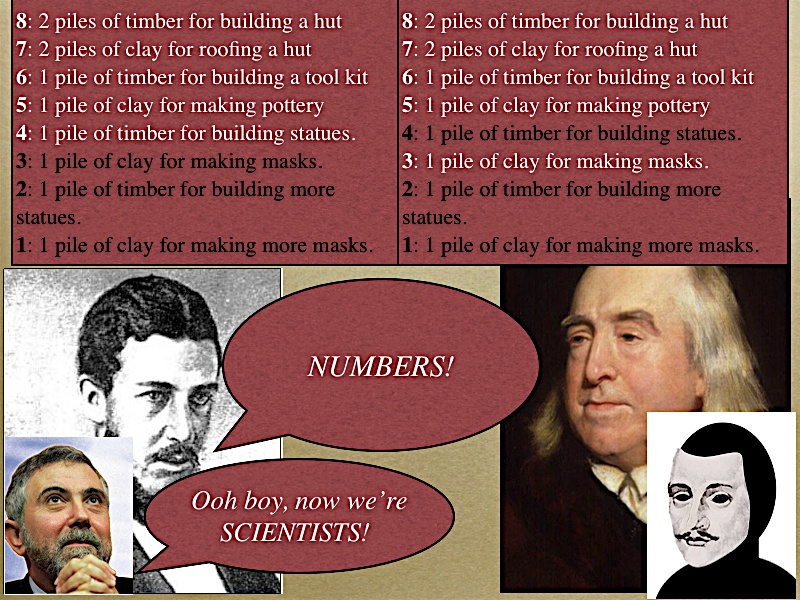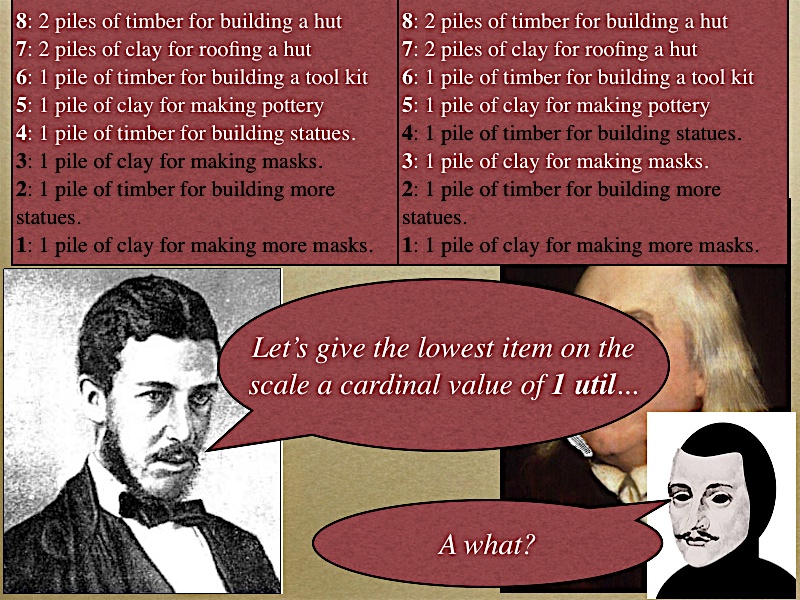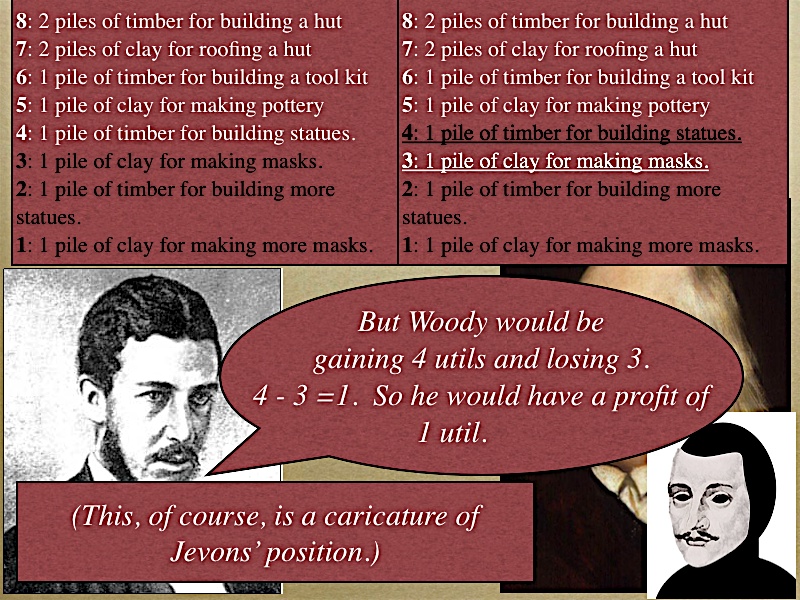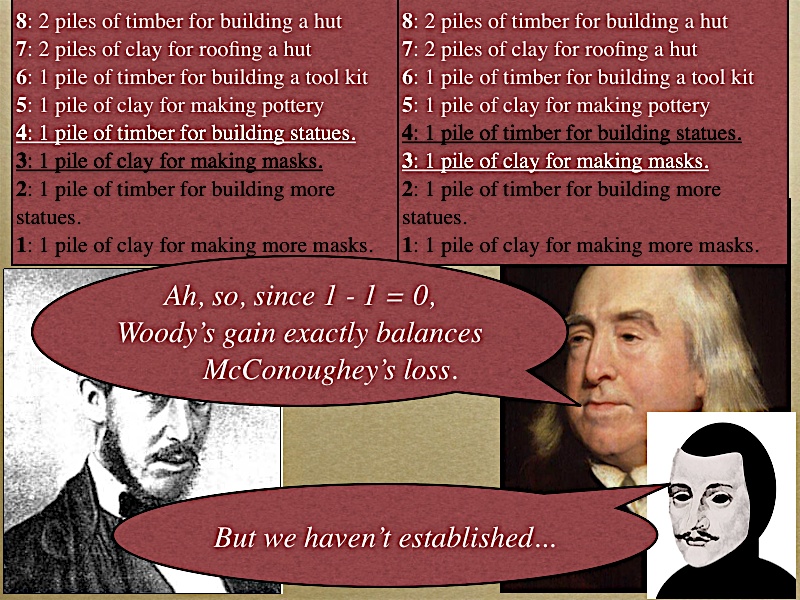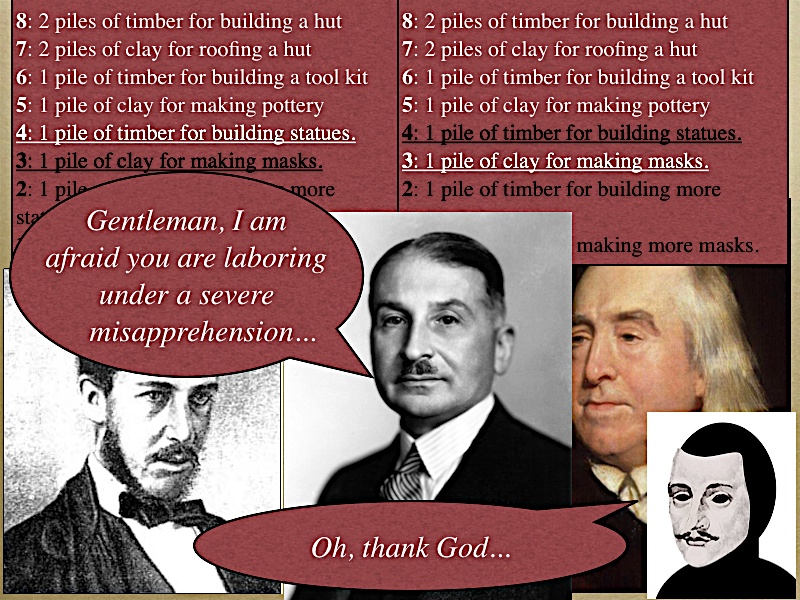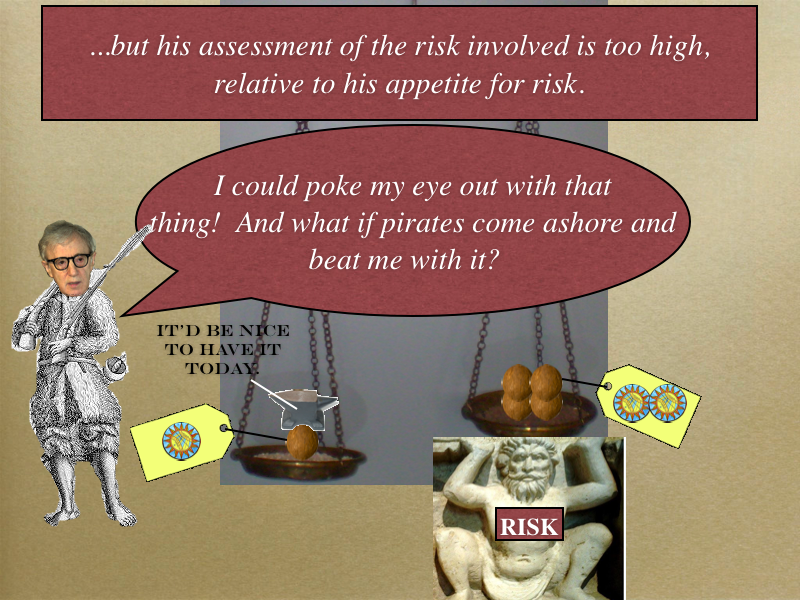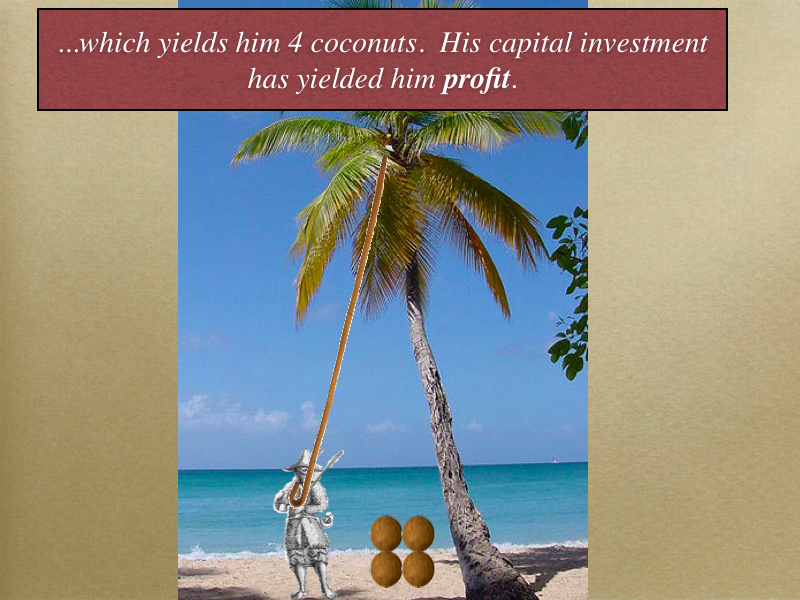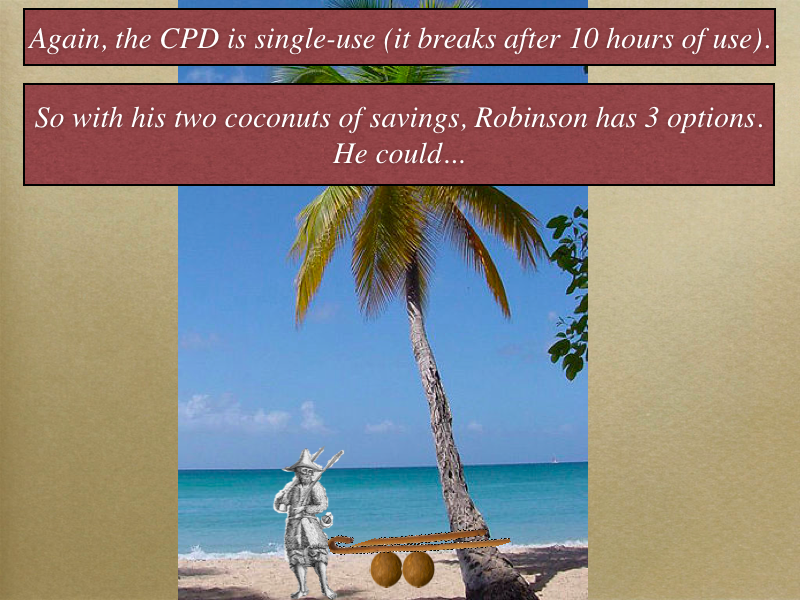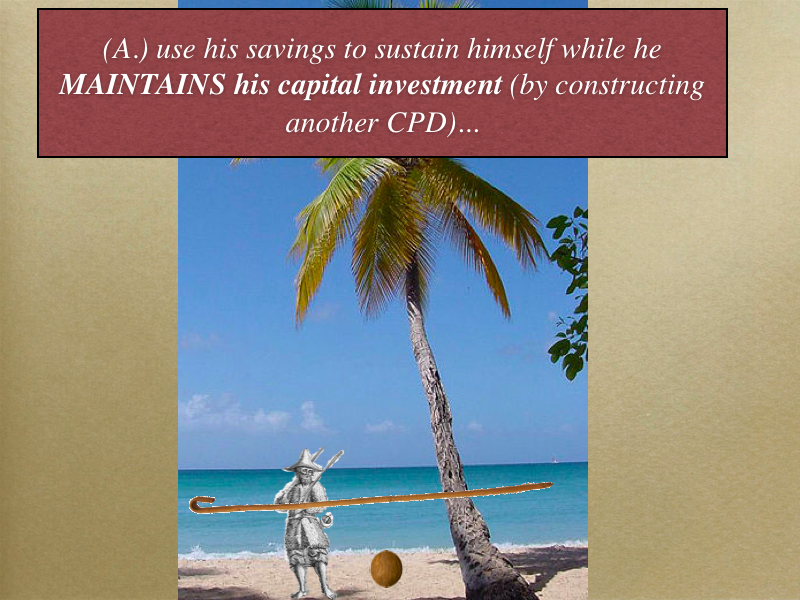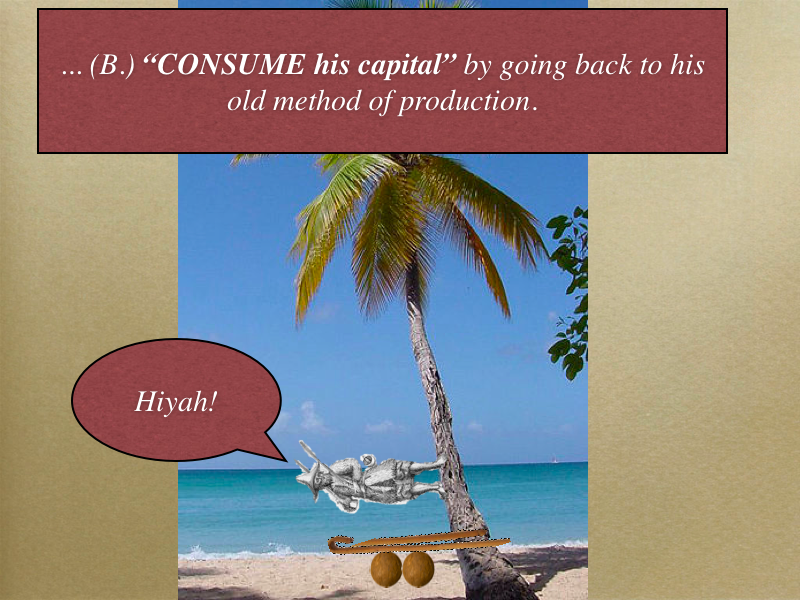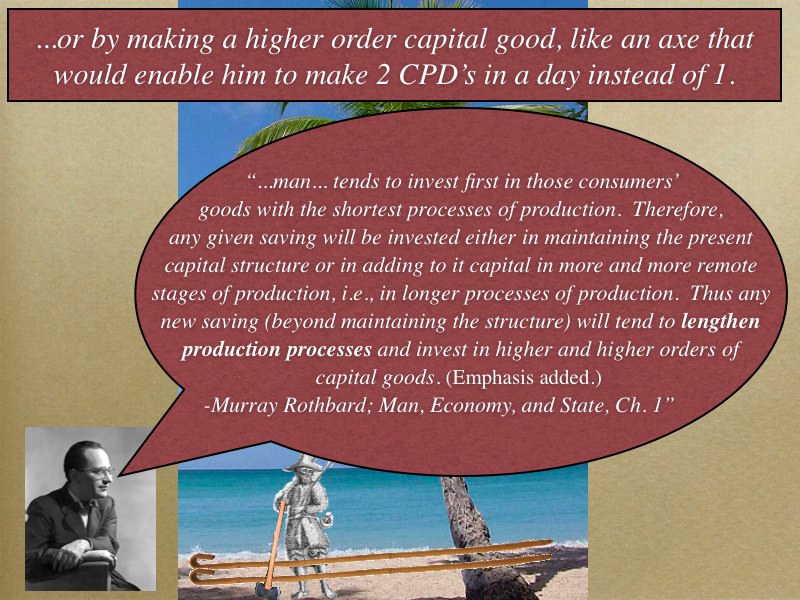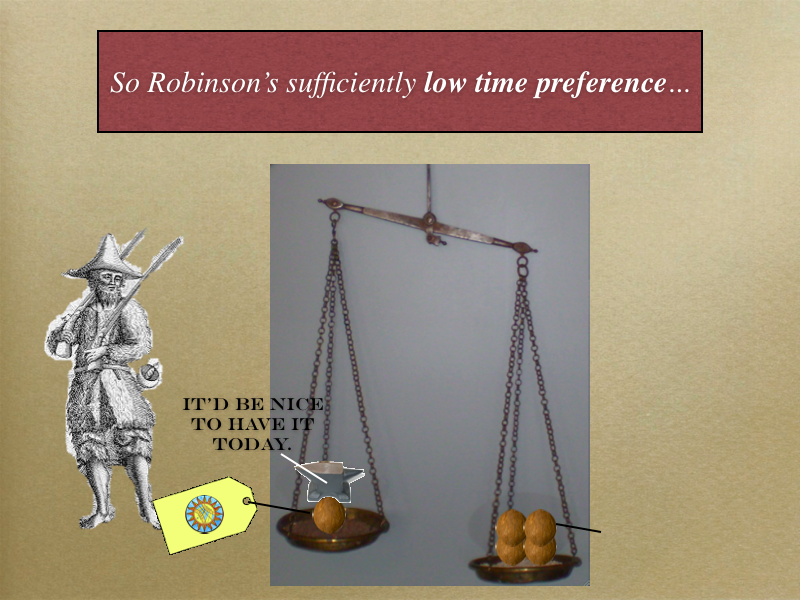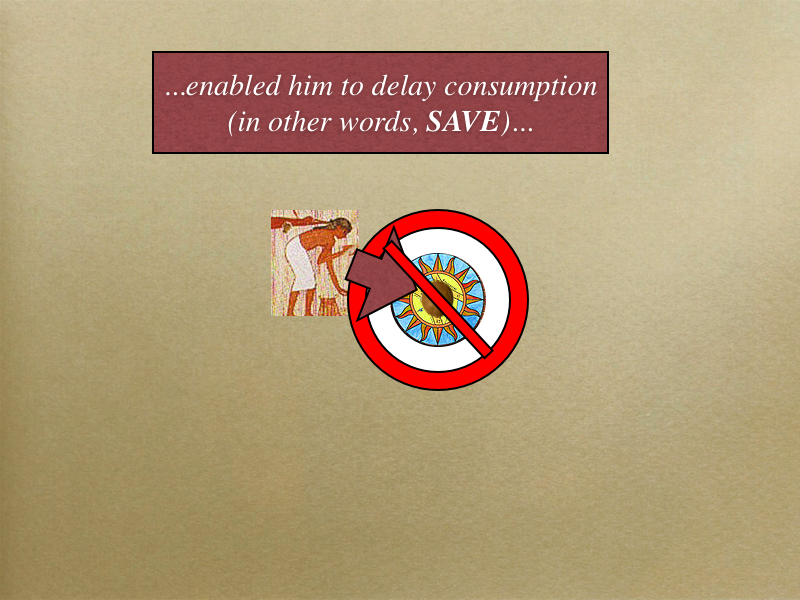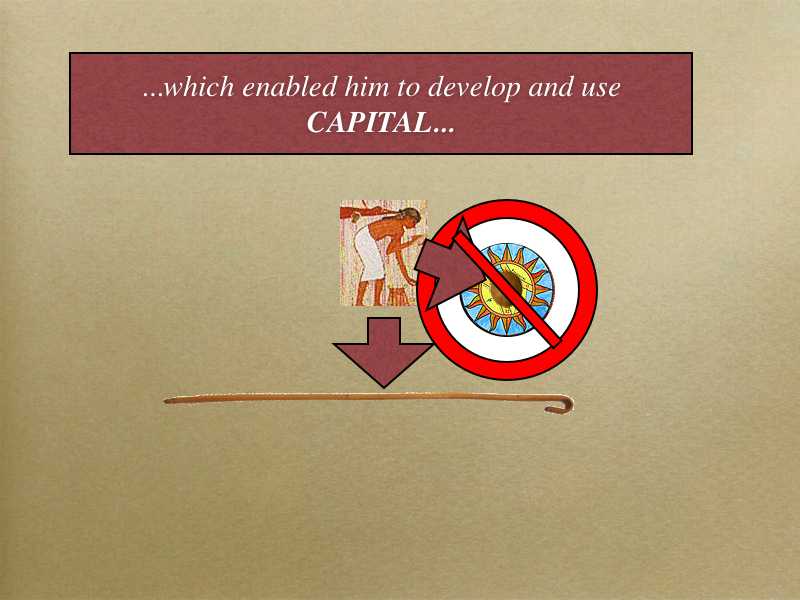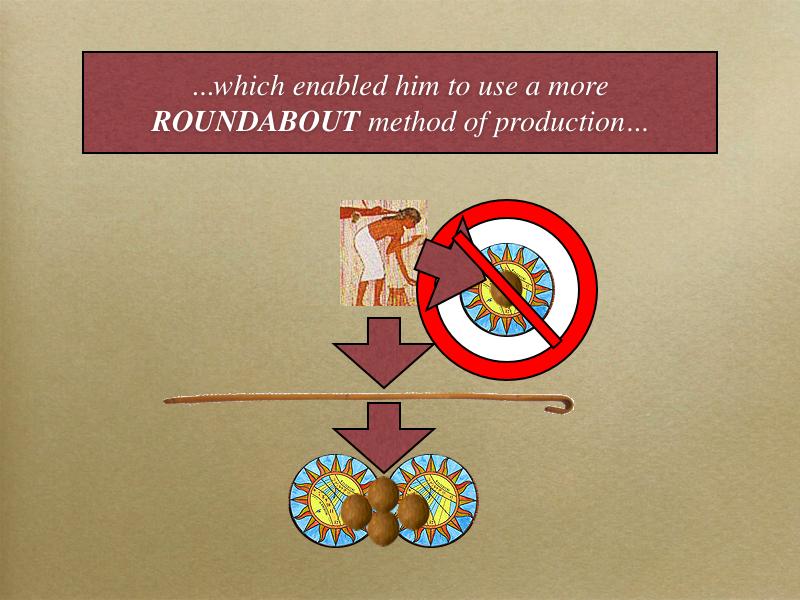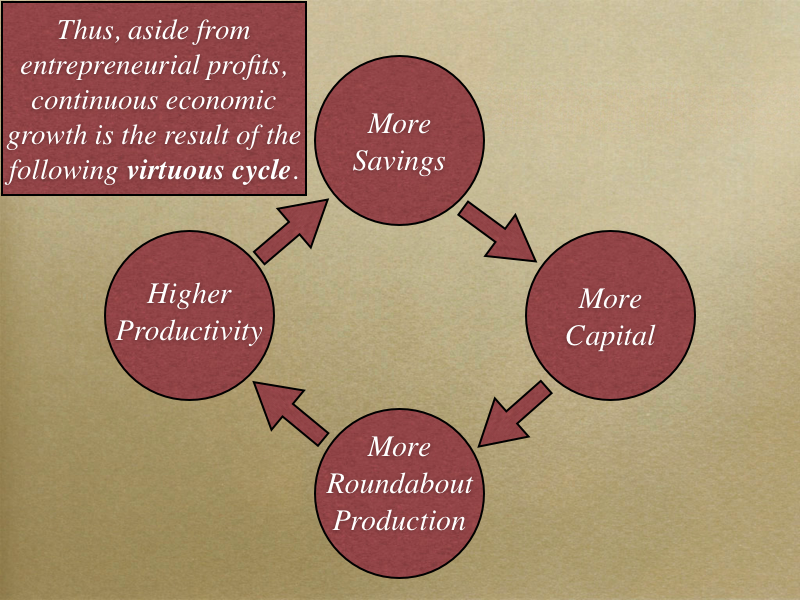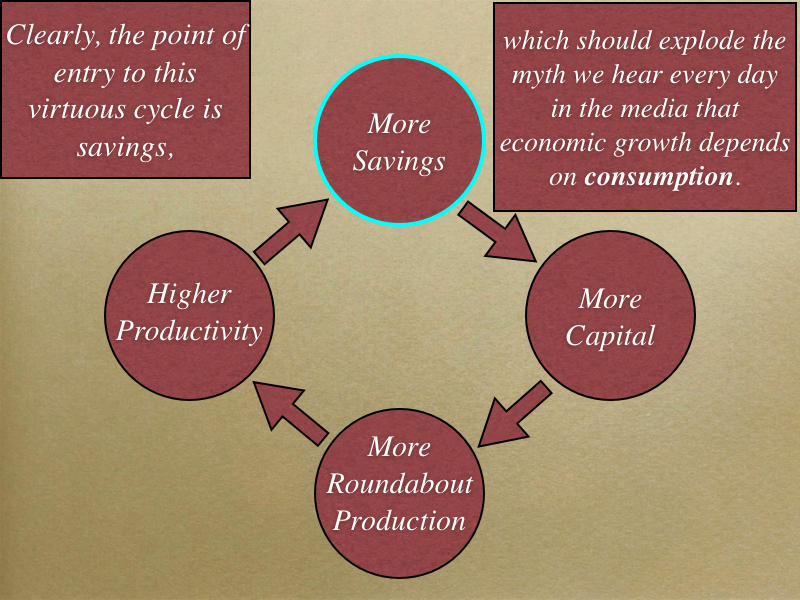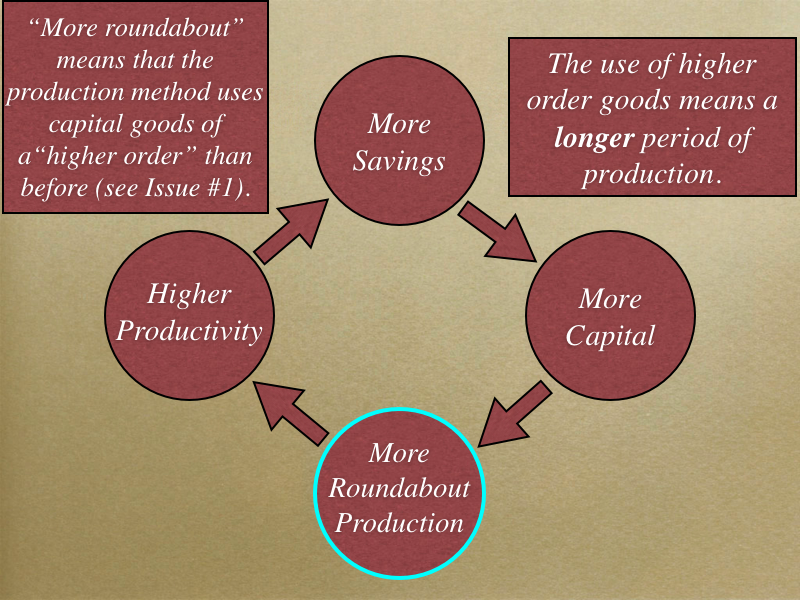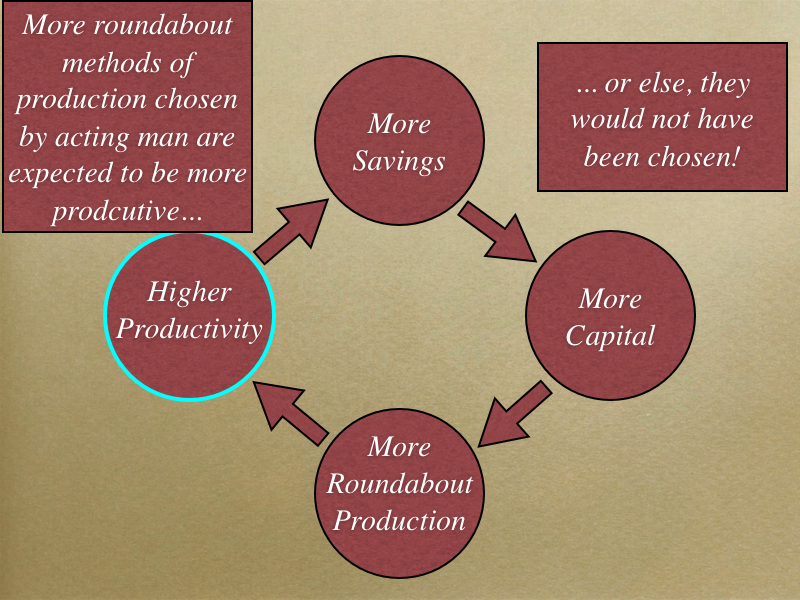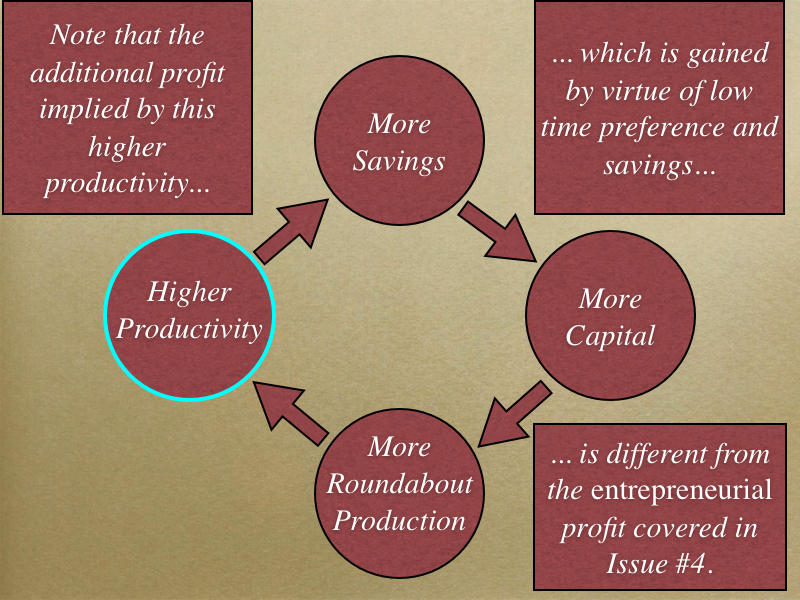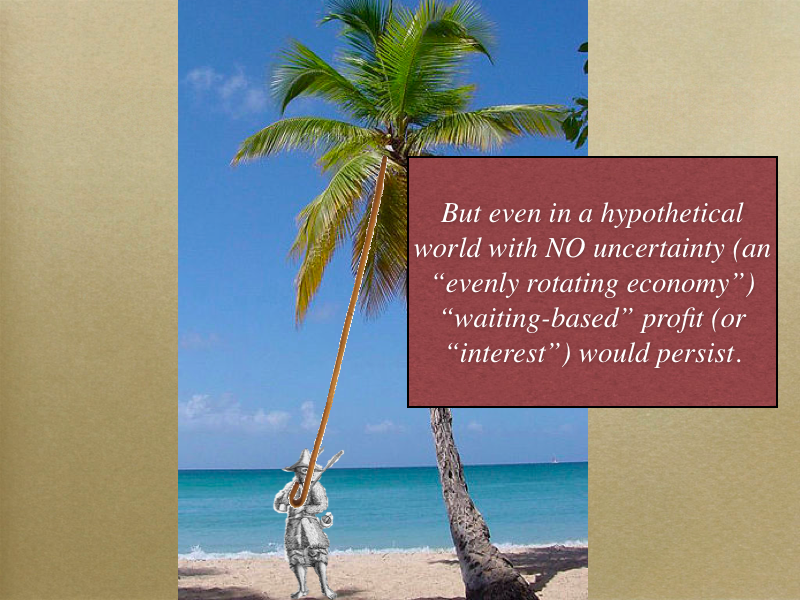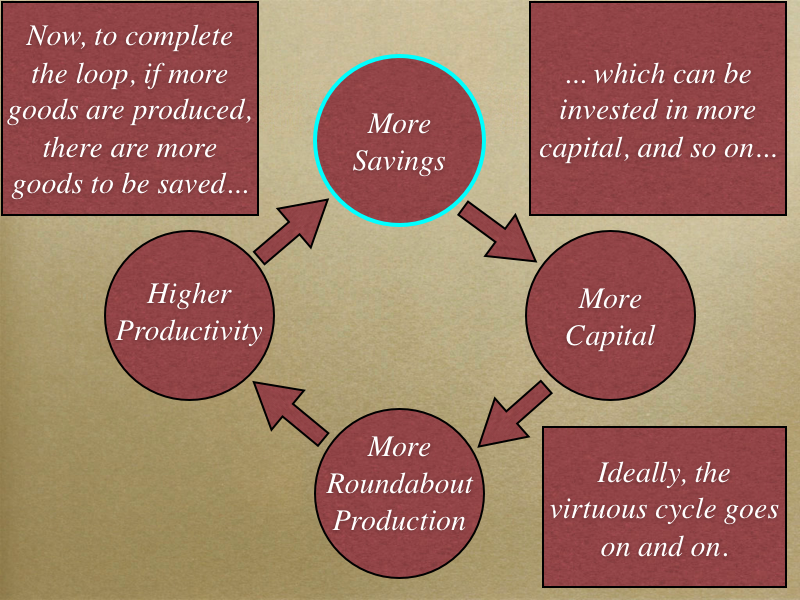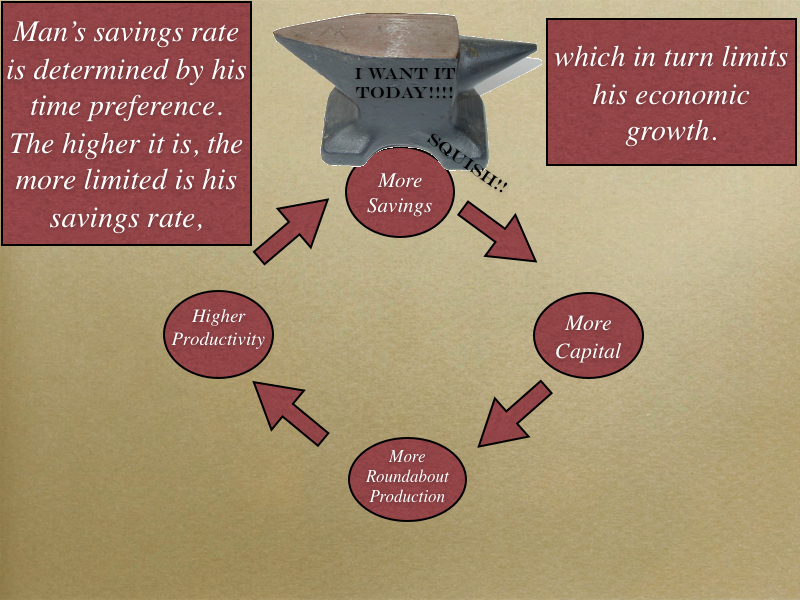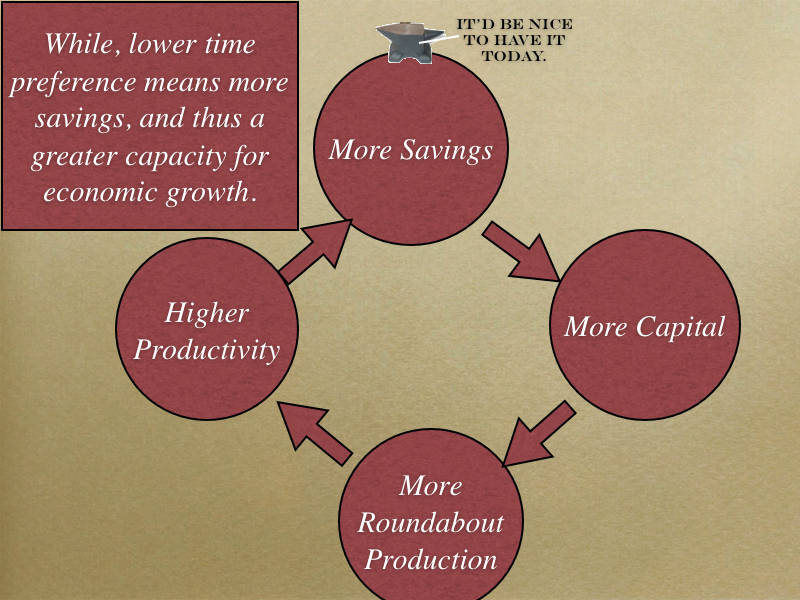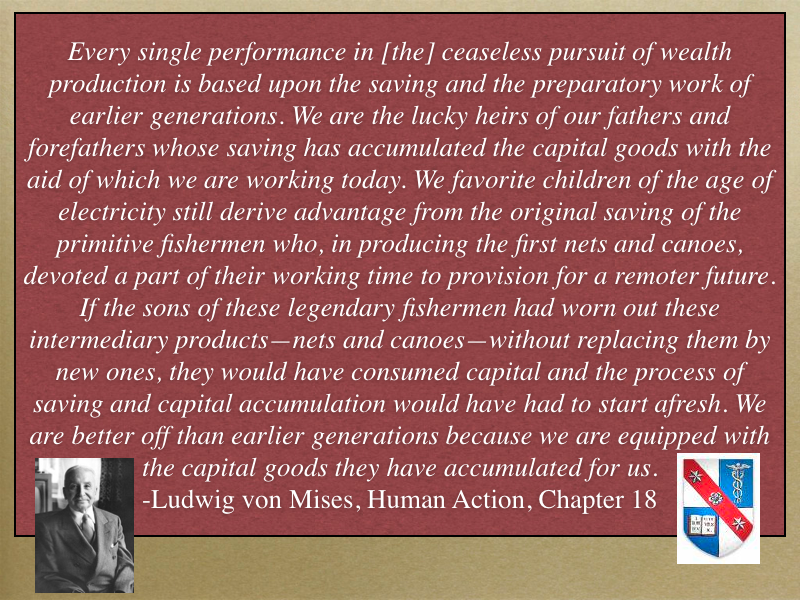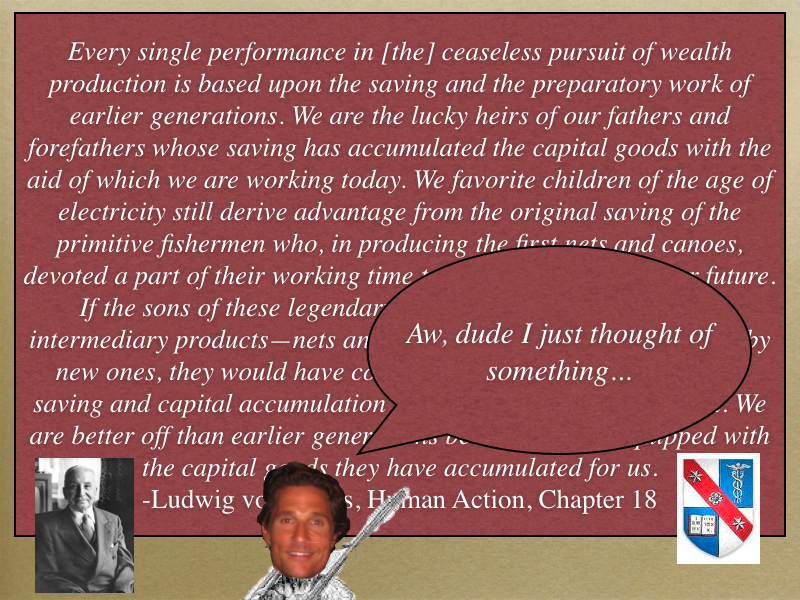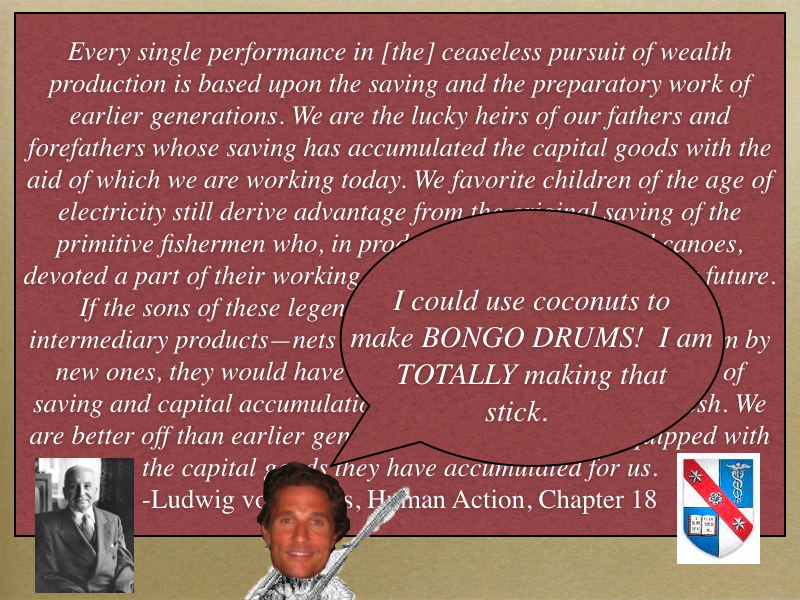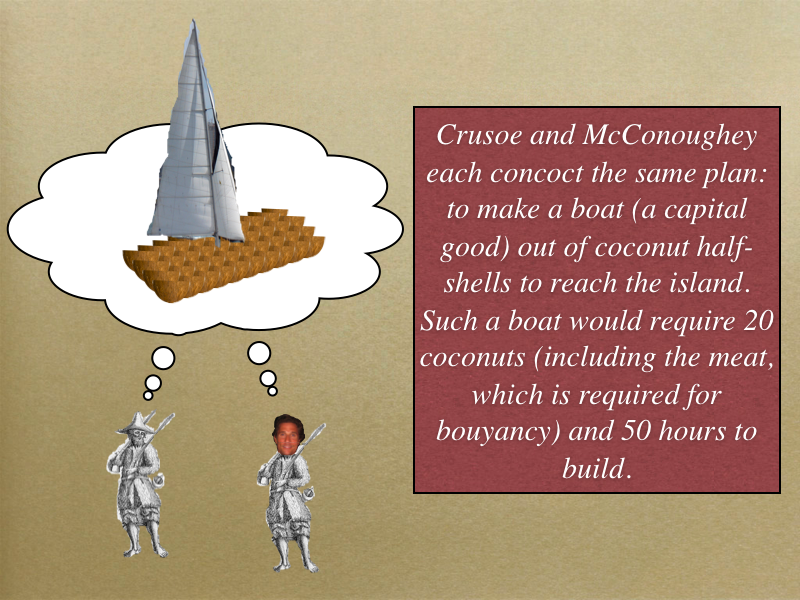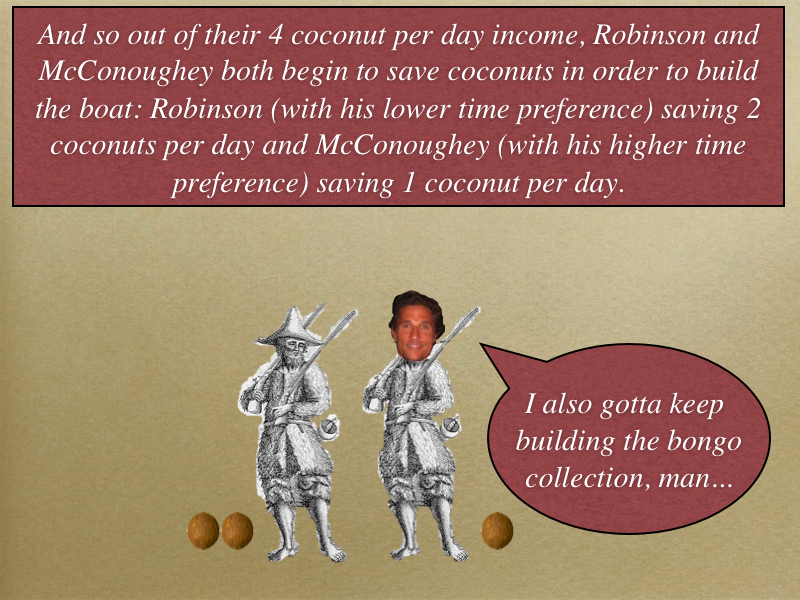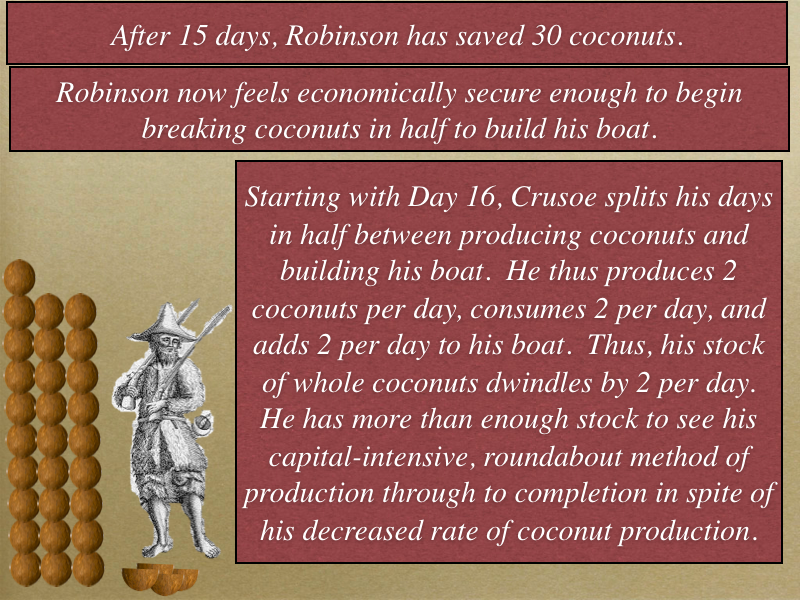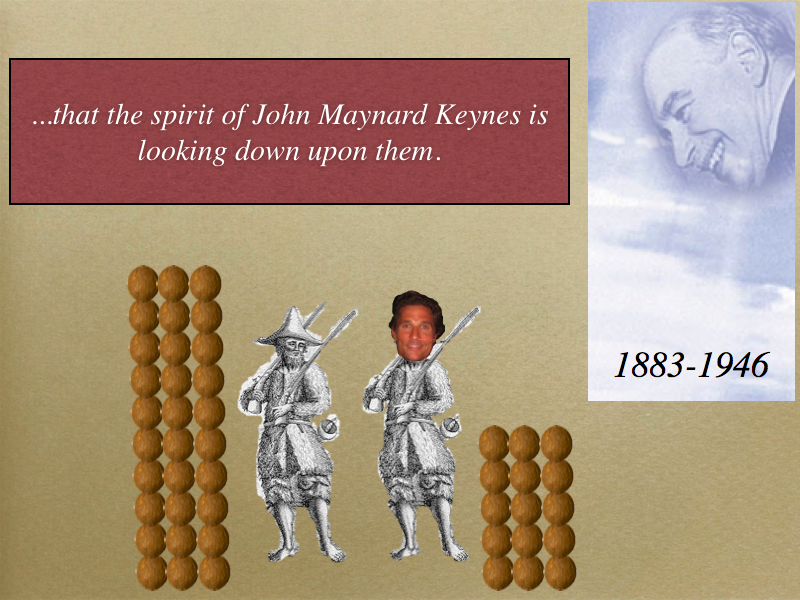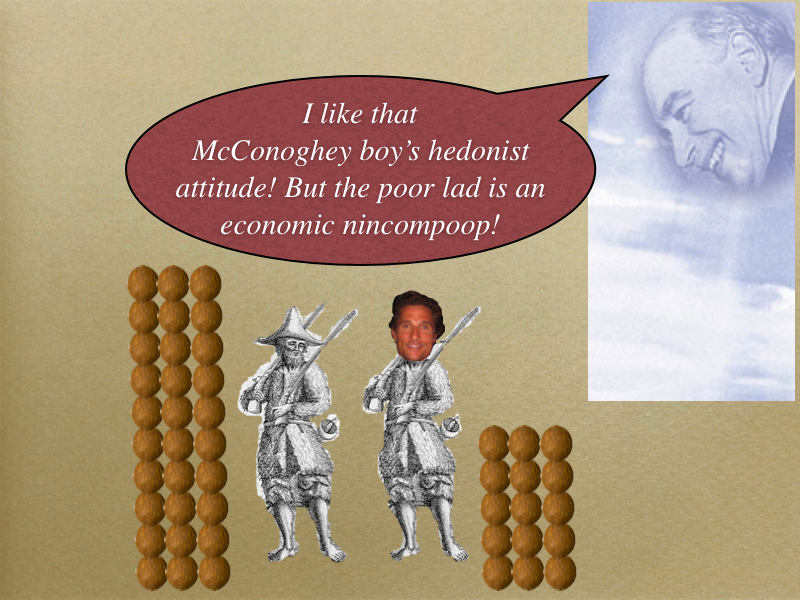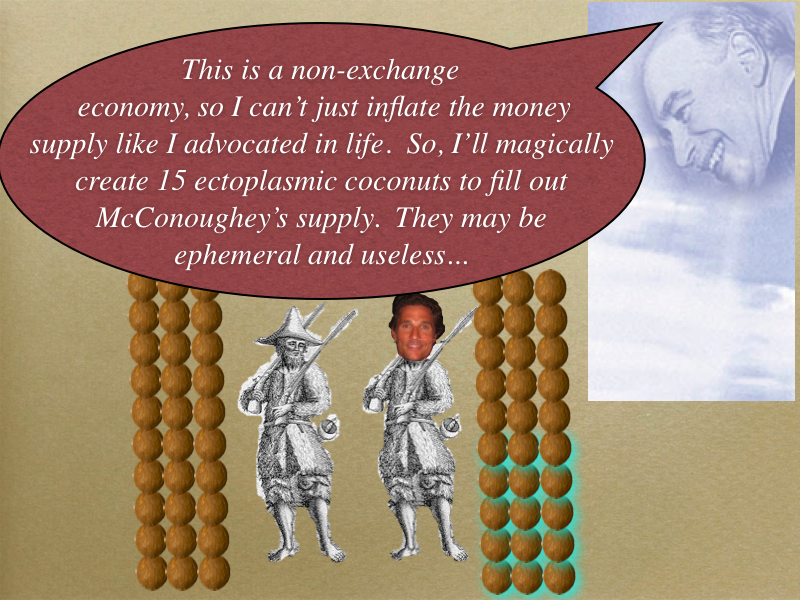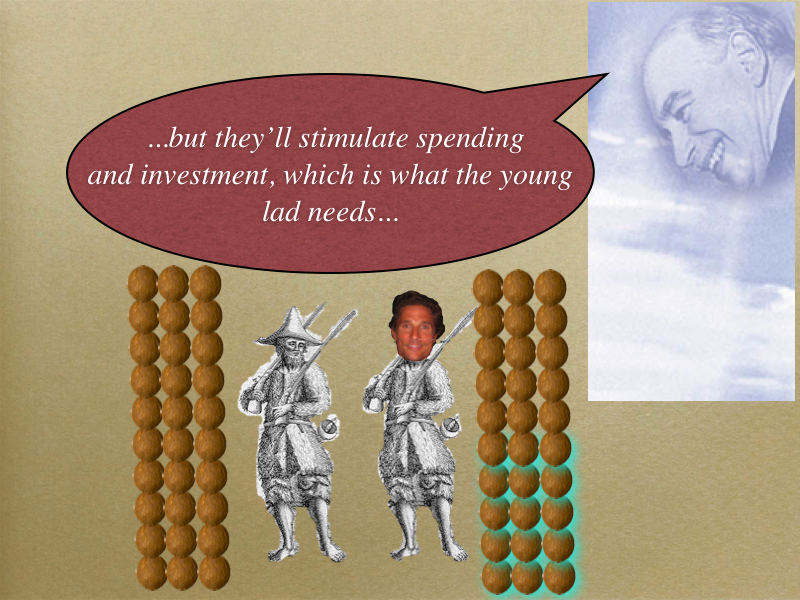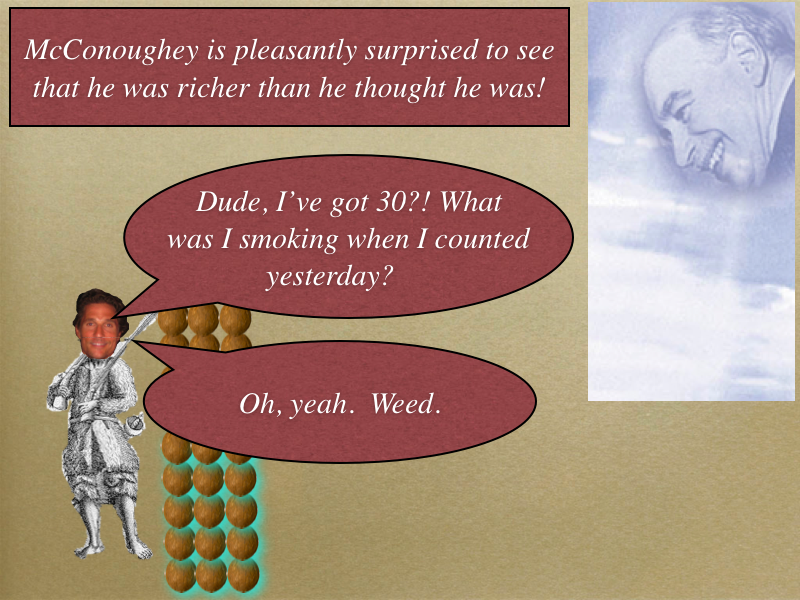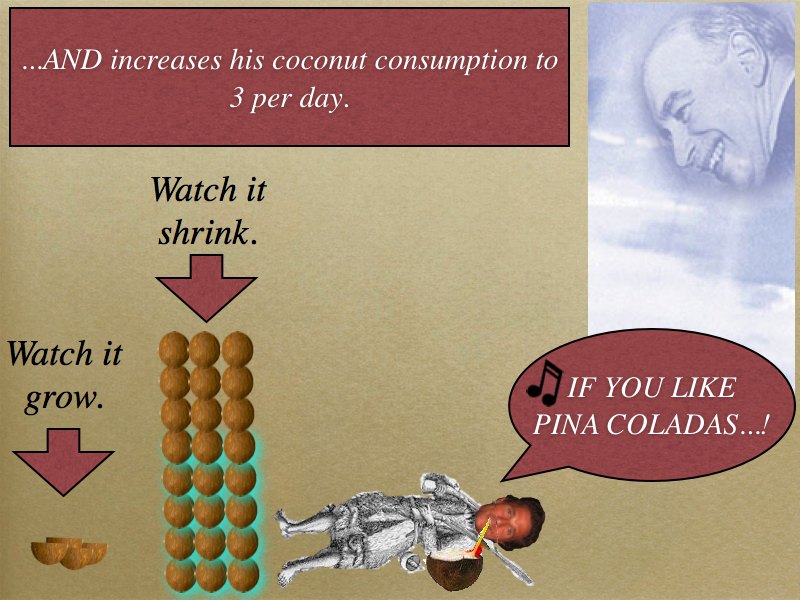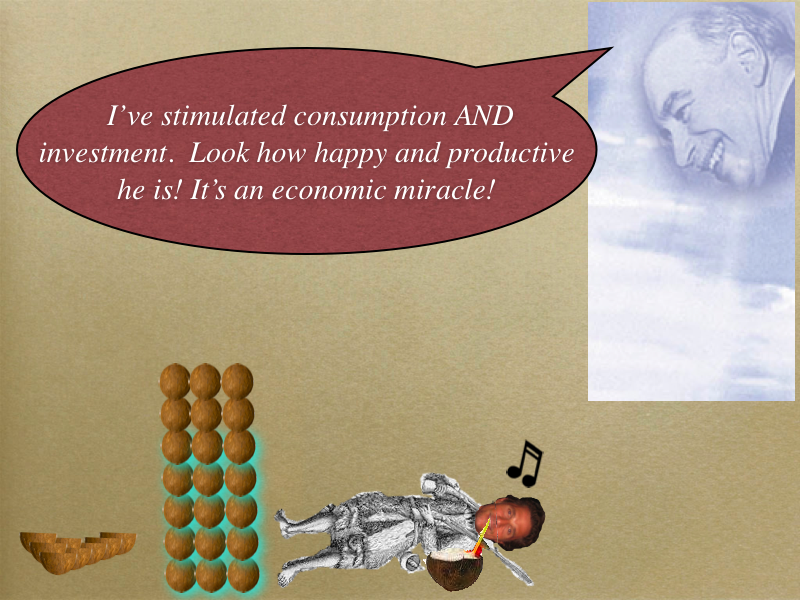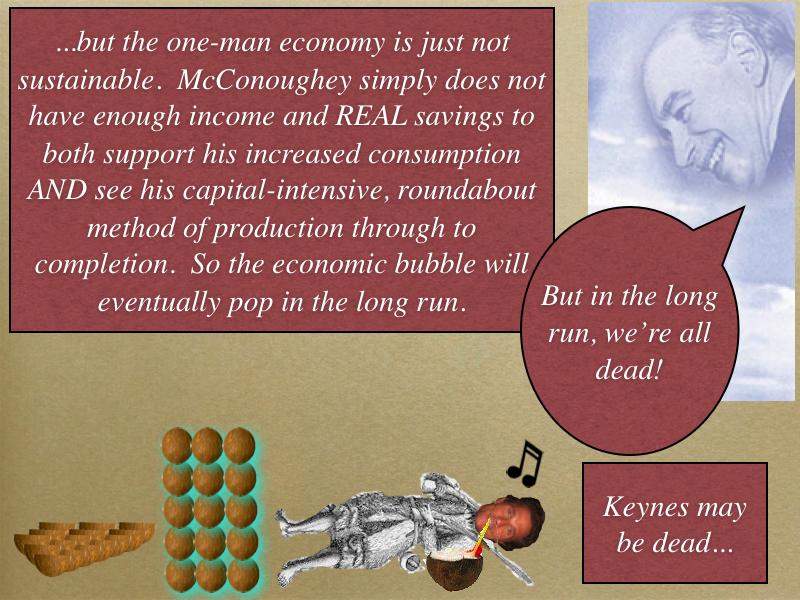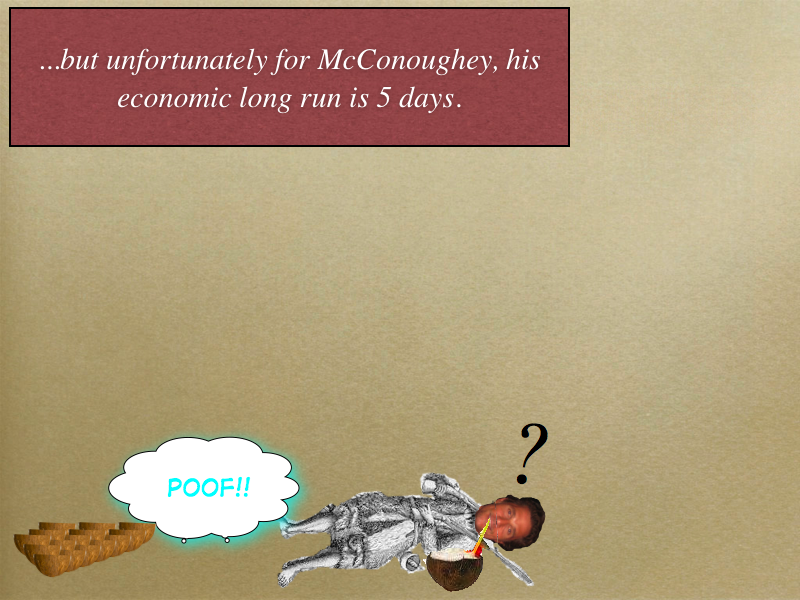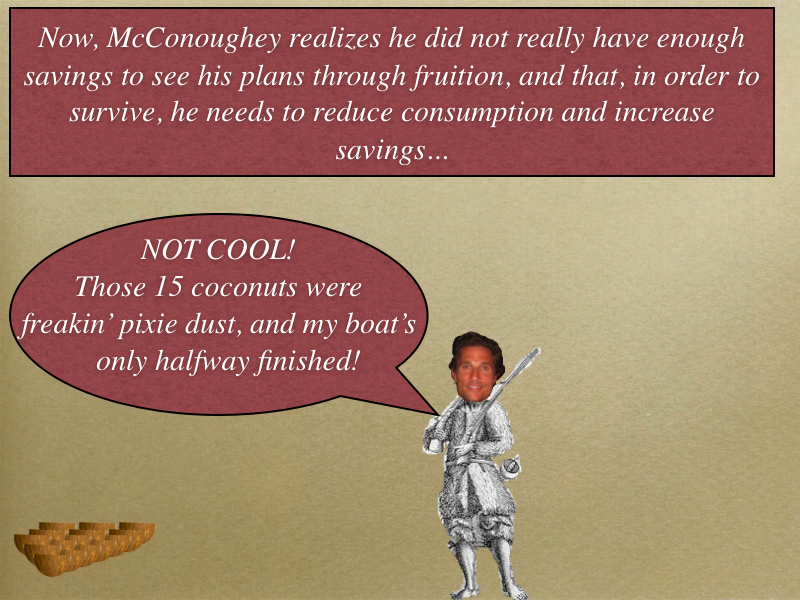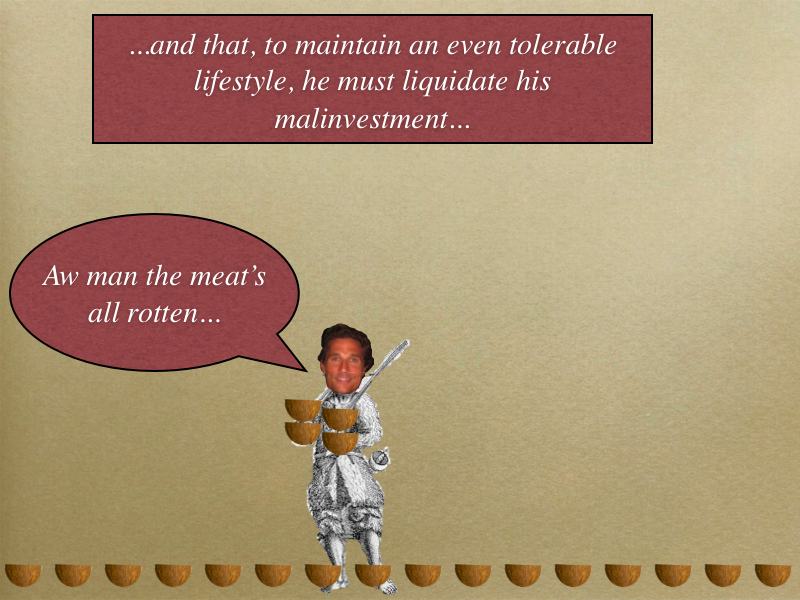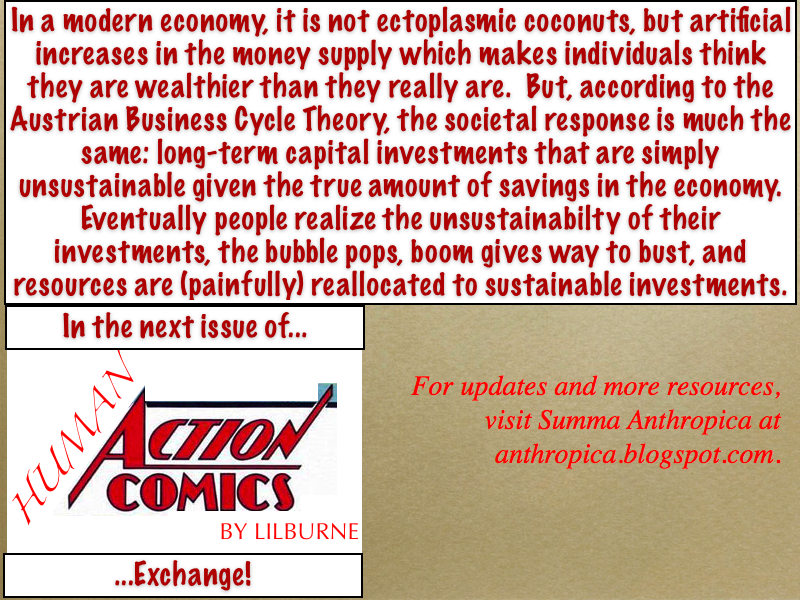The sound utilitarian does not say the purpose of a moral code should be social utility. But rather the purpose of moral codes are and always have been ultimately social utility. In this way, utilitarianism, strictly speaking, is more about "meta-ethics" than "ethics."
If thought leaders realize that, for example, a liberal moral code (both as a whole, and in its constituent parts) is more socially expedient than alternative codes, and they convince the general populace of that fact, this revolution in public opinion would engender a revolution in the prevailing moralit
Read moreThe libertarian who uses both approaches will argue from two different sets of grounds to arrive at the same conclusion. Many libertarians simply welcome the thought that their rhetorical armory has two expansive wings, and pay little regard to if and how the two wings are connected. But when two different approaches to a question happen to arrive at the same answer, the hand tends to drift toward Ockham's razor. The suspicion arises that one approach can ultimately be resolved into the other.
Read moreAn anarcho-syndicalist legal order, stateless or not, would obliterate the intertemporal division of labor and reduce mankind to squalor.
Read moreIn ancient Greek mythology, Eris, the goddess of strife, was often a villain. It was her scheming that led to the Trojan War, which, as Homer said, made "many a hero … prey to dogs and vultures."[1]
In ancient Rome, Concordia, goddess of social harmony, was one of the most dearly loved deities. Often the Romans would dedicate a new shrine to her after a civil strife was ended.
Which goddess has the greatest sway over the doings of men? Which state of affairs is the most natural? Concord or discord? Harmony or strife?
Read moreThe liberal order of society involves private property, first-user appropriation (homesteading), contracting, producing, and the continuous legal ownership of that which one has homesteaded, contracted for, or produced, even if the owner is not the one physically manipulating it.
This kind of order, even in early, primitive stages, results in capital accumulation and material enrichment. If maintained and adhered to strictly enough, the liberal order ultimately results incapitalism: a social system of production characterized by economic calculation, effective coordination among billions of strangers, mass production for the masses, and seemingly miraculous strides in the improvement of human welfare.
Read moreHowever, you can't have your cake and eat it too. And neither can you have your corn as ethanol and eat it as Corn Flakes too. As the rapping Hayek says, eventually the "grasping for resources reveals there's too few," (this revelation comes in the form of business losses) and resources are reallocated accordingly. Austrians say this reallocation period is the painful, but ultimately salutary, cyclical economic "bust" that inevitably follows the boom.
Read moreYou see, the modern mind has been desiccated and atrophied by the state. State-dominated schooling is so inept that most boys and girls acquire a lifelong outright aversion to reading, such that they don't read any books outside of school. And nearly all who do read, don't read books of substance.
Read moreMises's distinction between these two kinds of probability is the cornerstone of his theory of uncertainty, which in turn hinges on his theory of "the specific understanding." In this article, I will endeavor to explain both of these little-understood areas of Mises's thought.
Read more"Notice the difference between the above presentations of marginal utility and Mises's presentation of the concept. Mises treats of utility in a formal, praxeological sense: "Importance attached to a thing on account of the belief that it can remove uneasiness." In contrast, the passages above give a sensuous, psychological connotation: they treat of the satiation of hunger, or the sensuous enjoyment of taste.
Also, diminishing marginal utility is presented as an empirically discovered regularity that is the result of certain empirically discovered facts of human physiology and behavior. The diminishing marginal utility of hamburgers is due to the physiological/psychological facts that people get full and that people grow weary of tastes. And this regularity is sometimes present, sometimes not (which is probably why it is called a "principle" in the first excerpt and not a "law")."
Read moreAnd there are the Keynesian and other under-consumptionist fallacies, which, at bottom, are just as absurd as thinking that Crusoe could become richer in consumers' goods by consuming more in order to stimulate his own production. There is a great deal that Mr. Crusoe could teach Mr. Krugman, if the arch-Keynesian would only deign to spend some quality time with him.
As the great Frederic Bastiat wrote, "How happy will nations be when they see clearly how and why what we find false and what we find true of man in isolation continue to be false or true of man in society!"
Read more"The most important "mental equipment" for thinking about mankind is the "category of teleology/action": our inbuilt conception of purpose and purposeful behavior. Action (purposeful behavior) is the use of means to seek an end (the "end" always being "the relief from a felt uneasiness").
Just as the natural world would be a meaningless jumble of sensations without the category of causality, the social world around us (as well as our understanding of our own states of mind) would be a meaningless jumble of sensations if we were not equipped with the category of teleology/action. The conception of action in general is necessarily prior to the cognition of any particular action.
Gestures and words would be meaningless motions and sounds unless the mind were able to apply the conception of "purpose" to them. And how could you explain "purpose" to someone who did not already have an inbuilt conception of it, when such an explanation would be, to your "student," meaningless motions and sounds?
If I know anything, I know what action is. With every sentence I write with the purpose of communicating to you, the reader, I live it. And if you are looking at these words with the purpose of understanding them, you, too, are living it. Should I try to deny the reality of purpose, means and ends, I would find myself caught in the manifest absurdity of trying to deny the reality of trying."
Read morePop quiz: who did Murray Rothbard call "the first Greek economic thinker"? Aristotle, you say? Plato? Nope. To quote Rothbard himself:
"The honor of being the first Greek economic thinker goes to the poet Hesiod."
Read moreOn that day, on the eve of the French Revolution, not only was the modern political world born, but so was its terminology. To this day, politics is bisected into a "left wing" and "right wing." Much digital ink is daily spilled in vain on the web over the "best" distinction between "right" and "left." Now, with regard to specific, fleeting political agendas, vague distinctions like this make sense. Movable umbrella terms are necessary, because legislation involves shifting coalitions of people who do not agree on every single point. The trouble starts when the terminology of the political moment is imported wholesale into the language of science, in which precise, fixed distinctions are called for. The left/right divide is downright confusing for social science.
Read moreIn the two passages quoted above, Mises packed an entire manifesto into 19 sentences: a general call to intellectual arms one might call the "Misesian injunction."
Read moreThe phenomenon of interest occurs because of the simple fact that, other things being equal, people prefer satisfaction sooner rather than later. This universal feature of acting man is called "time preference." Time preference can even be seen in the behavior of children, as in the seminal "marshmallow experiment" conducted at Stanford University.
Read moreBut the common man will not believe these lies. He will not accept a return to the old order. He has already tasted the fruits of capital accumulation. He knows civilization is capable of more than this, and that somewhere there must be a wrench in the gears of society: a problem too fundamental to be explained by just the reckless investing or heedless consumption of certain private individuals at a certain point in time.
Read more